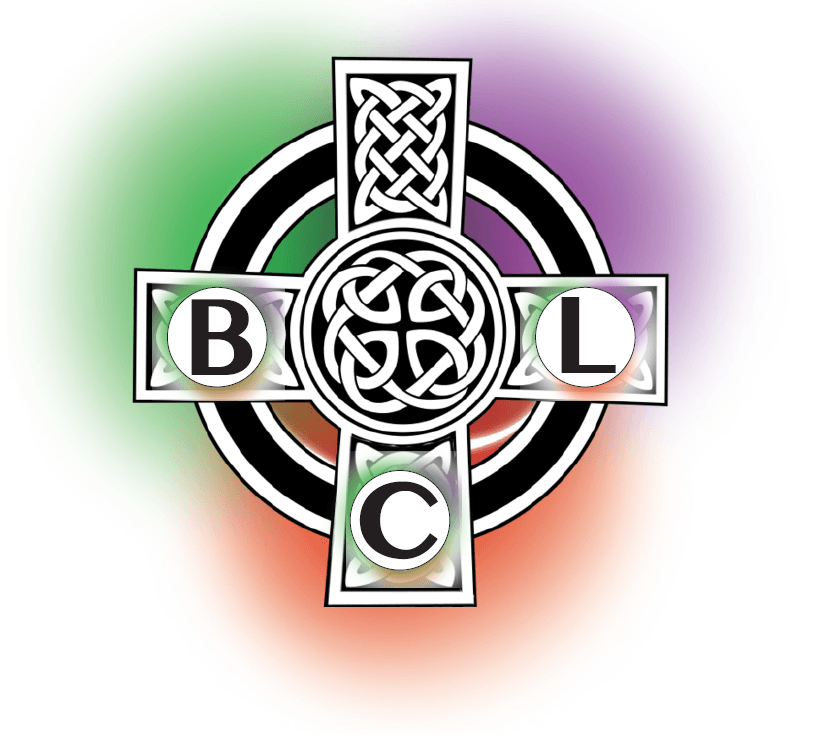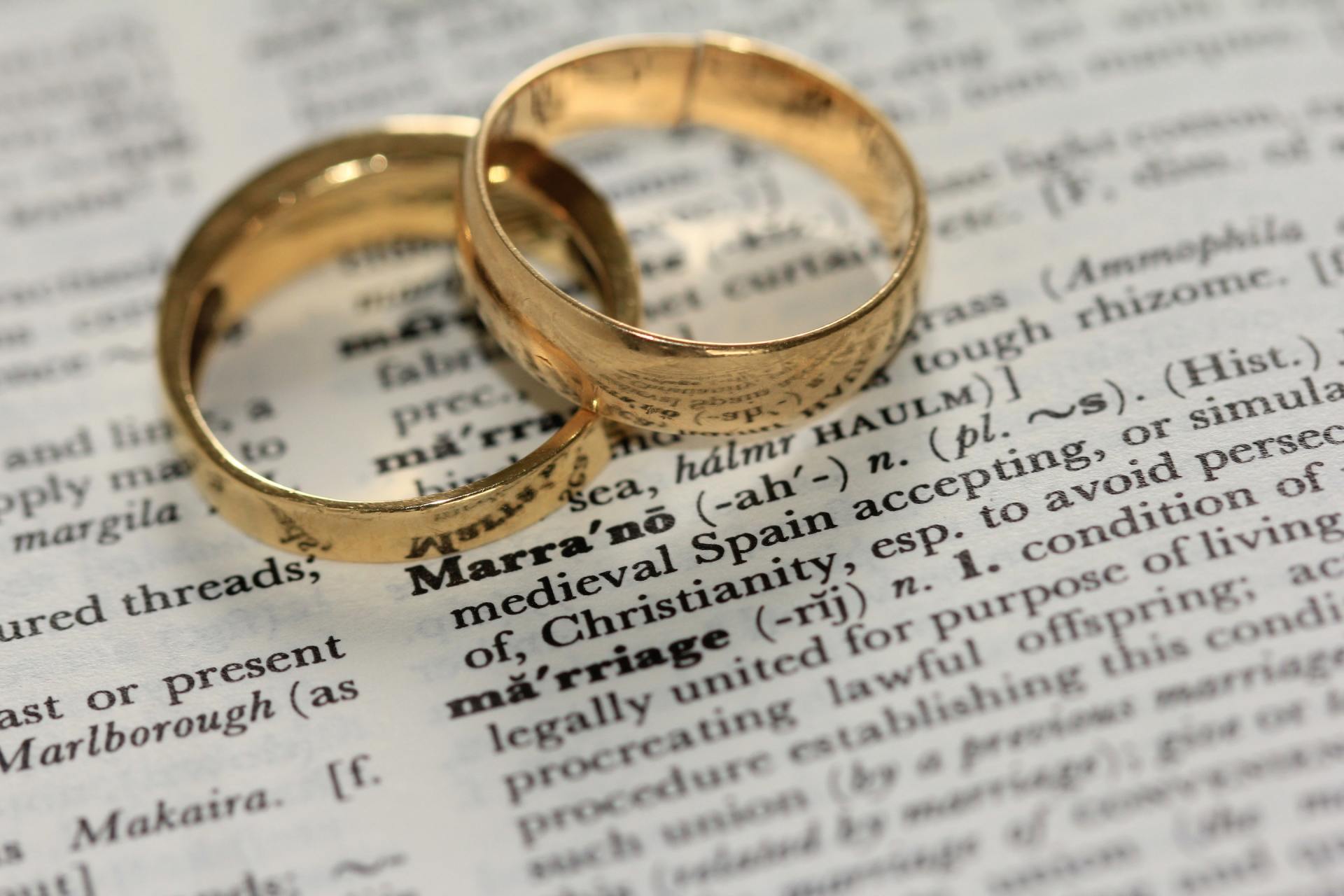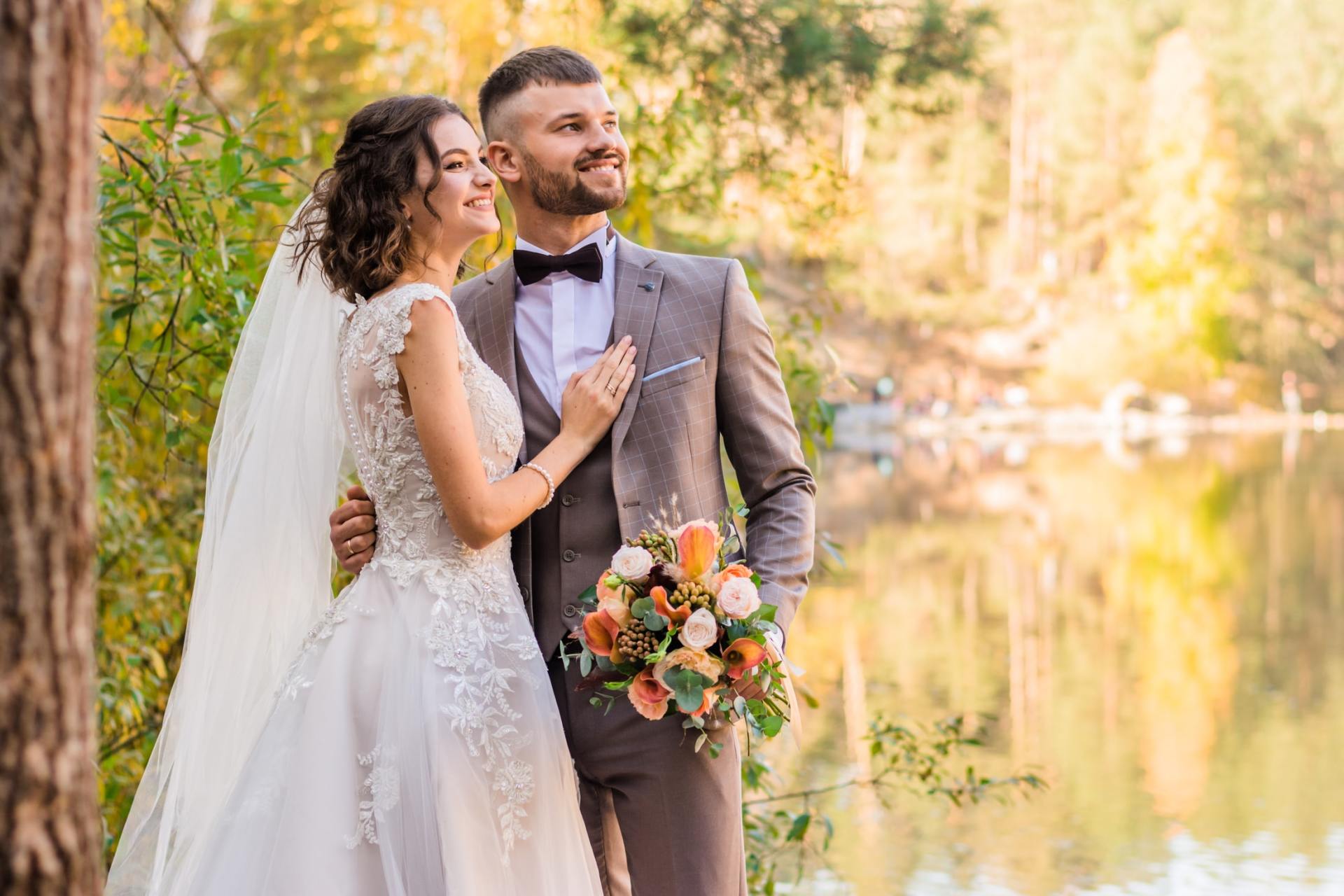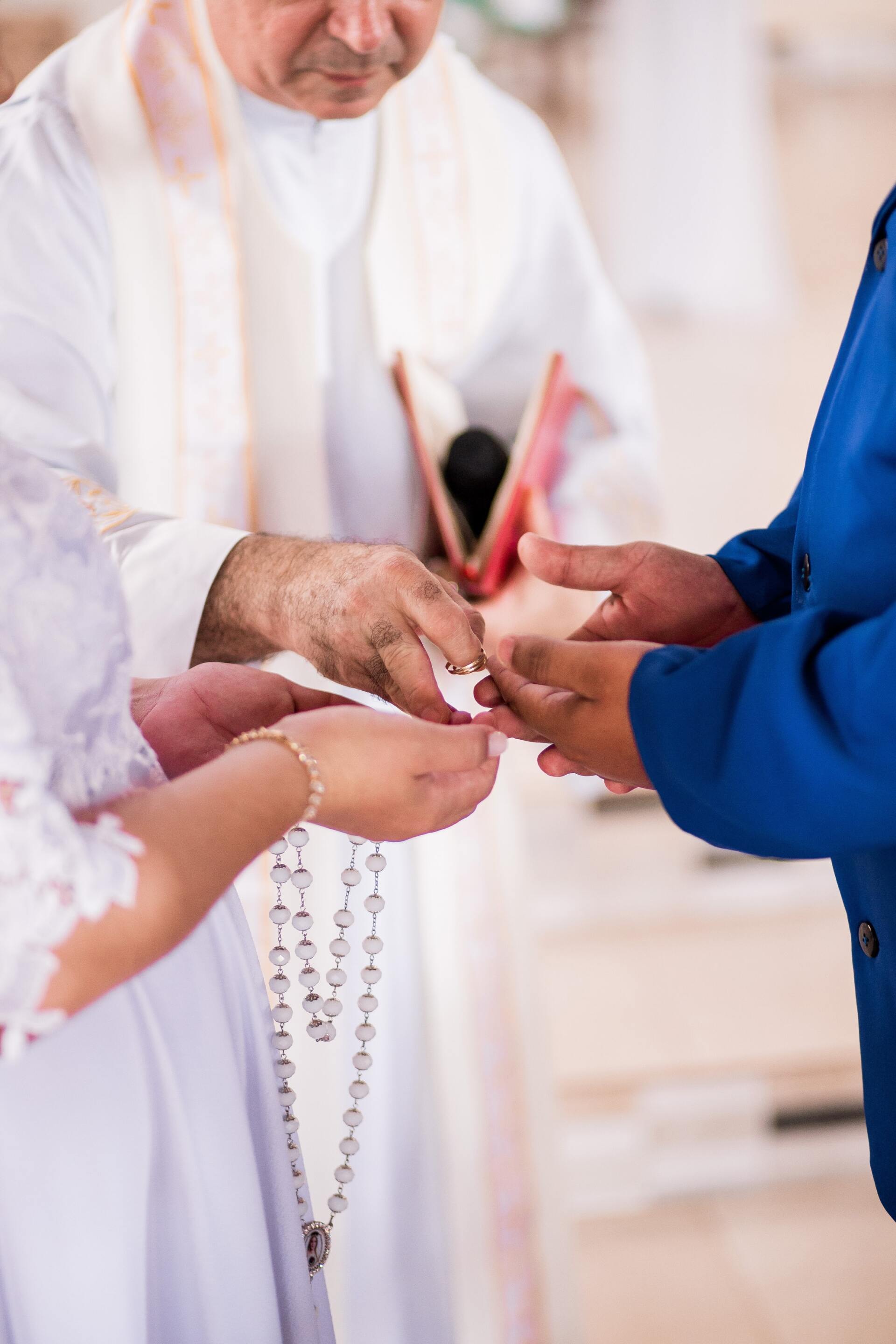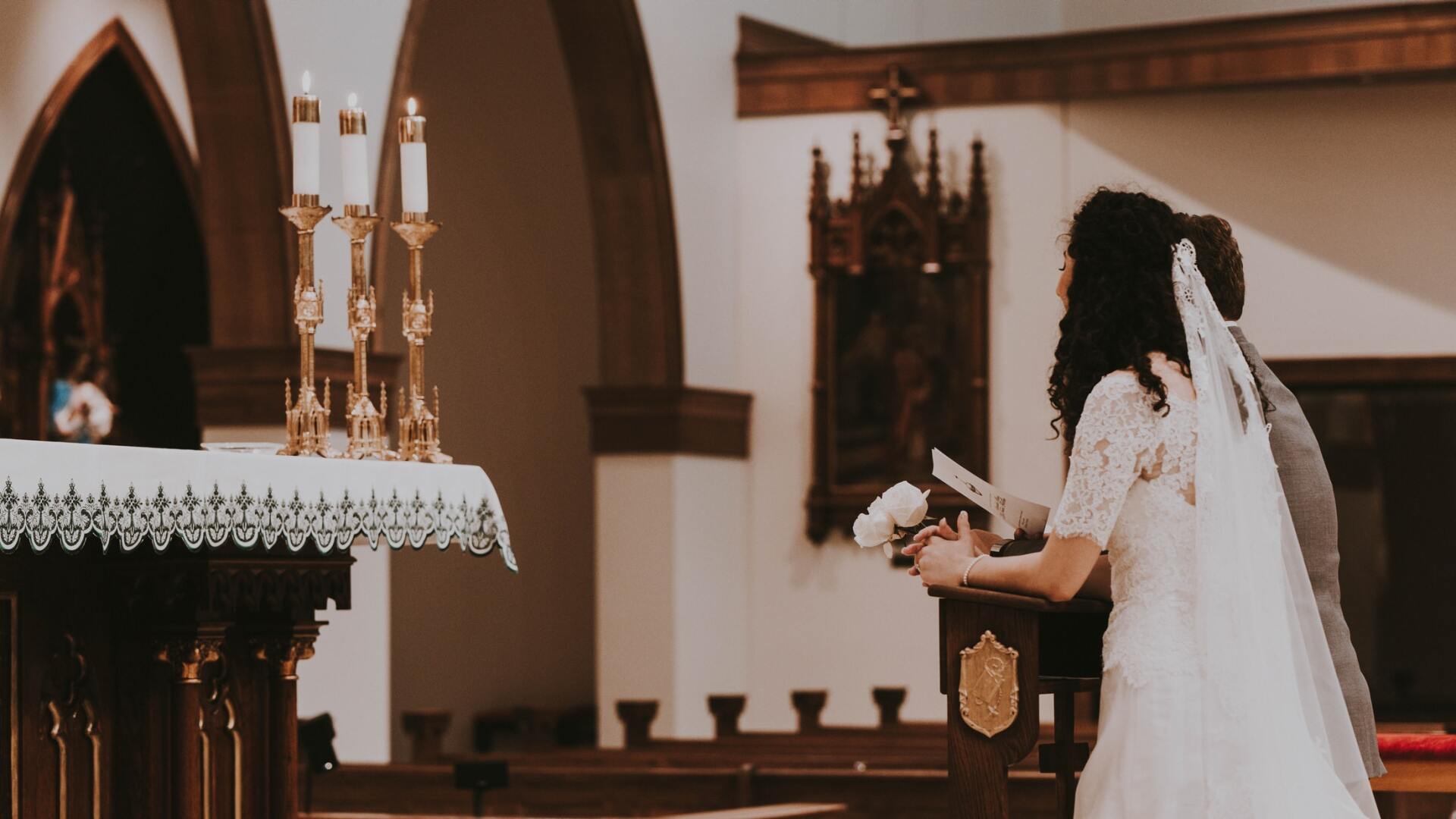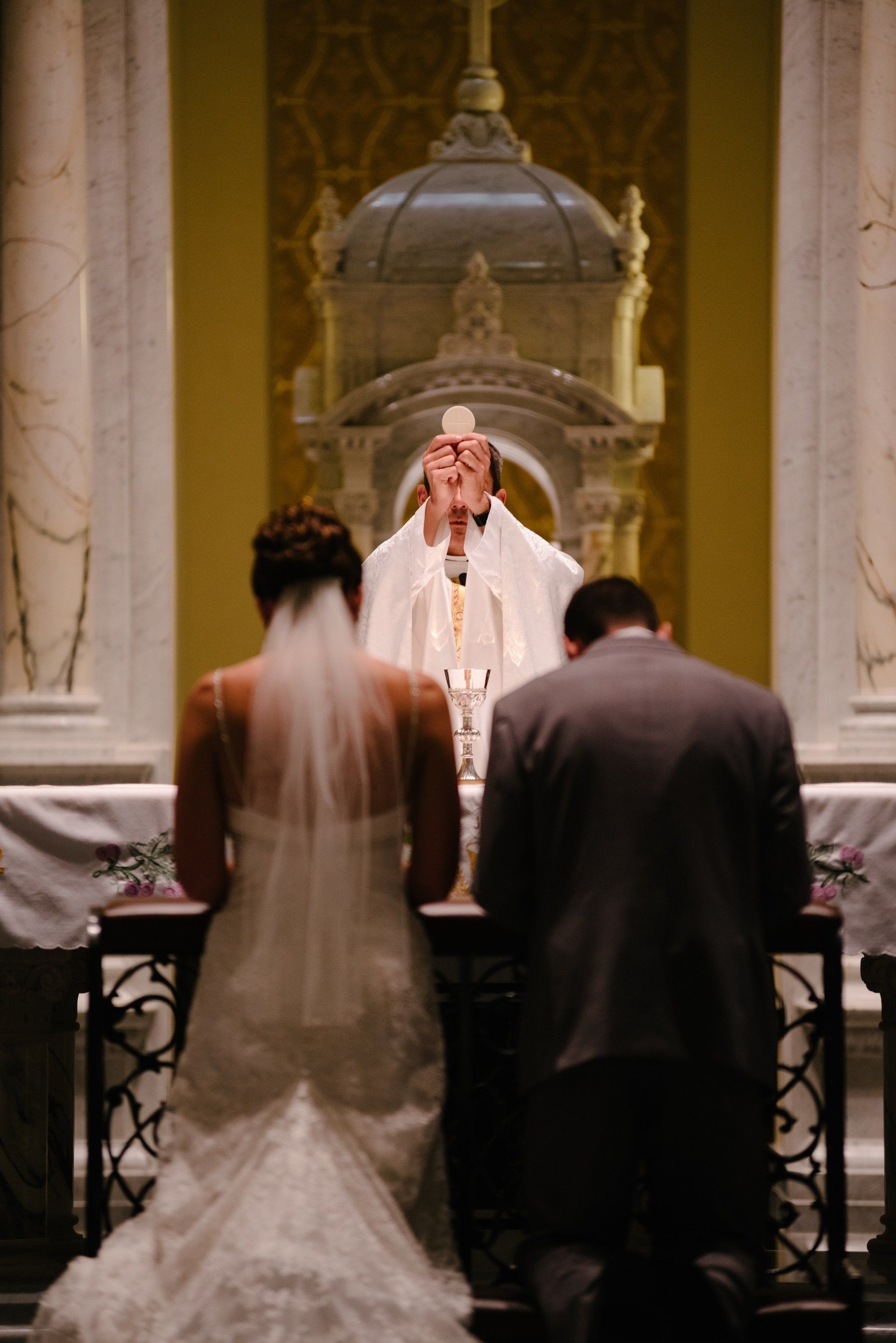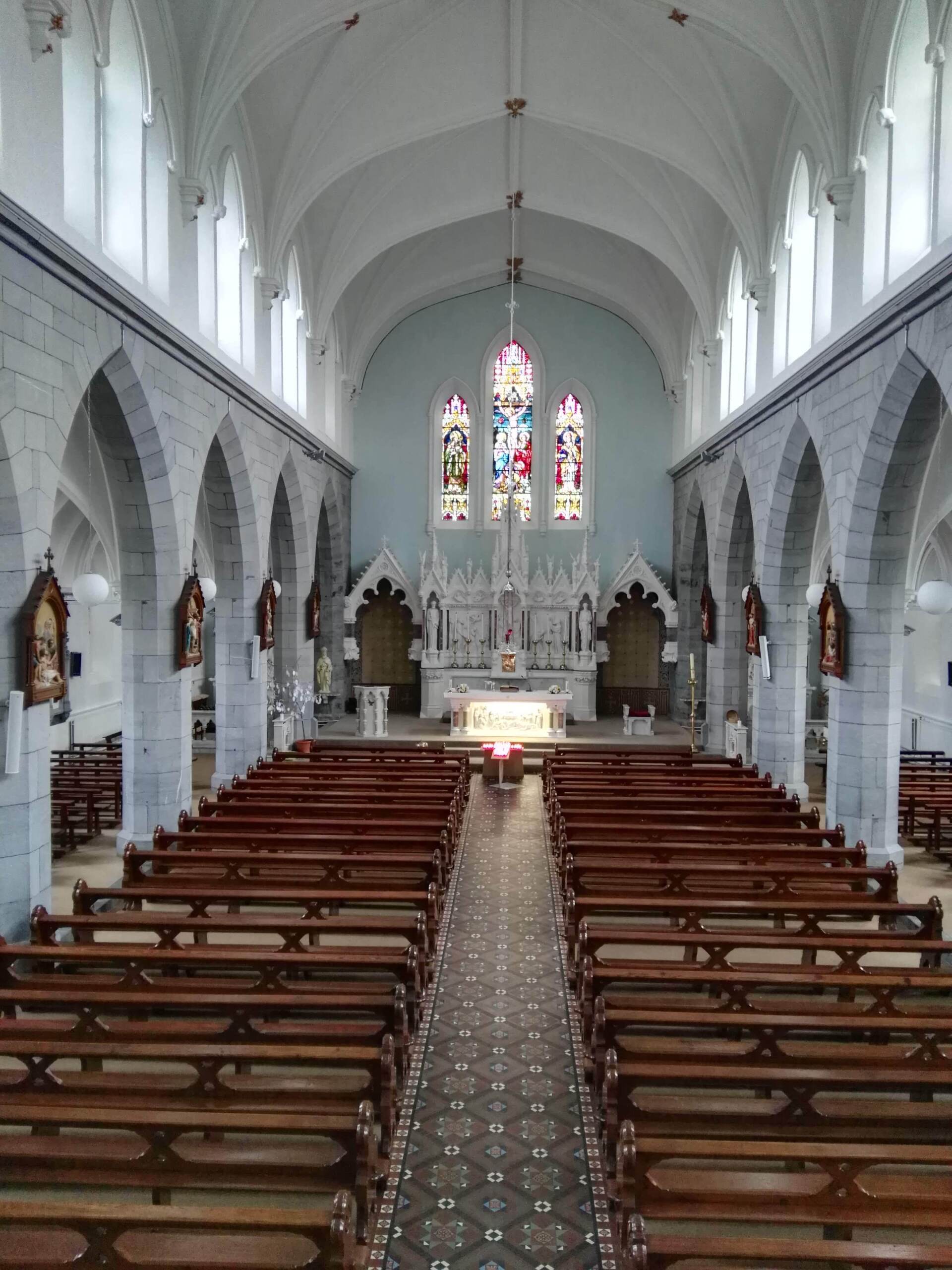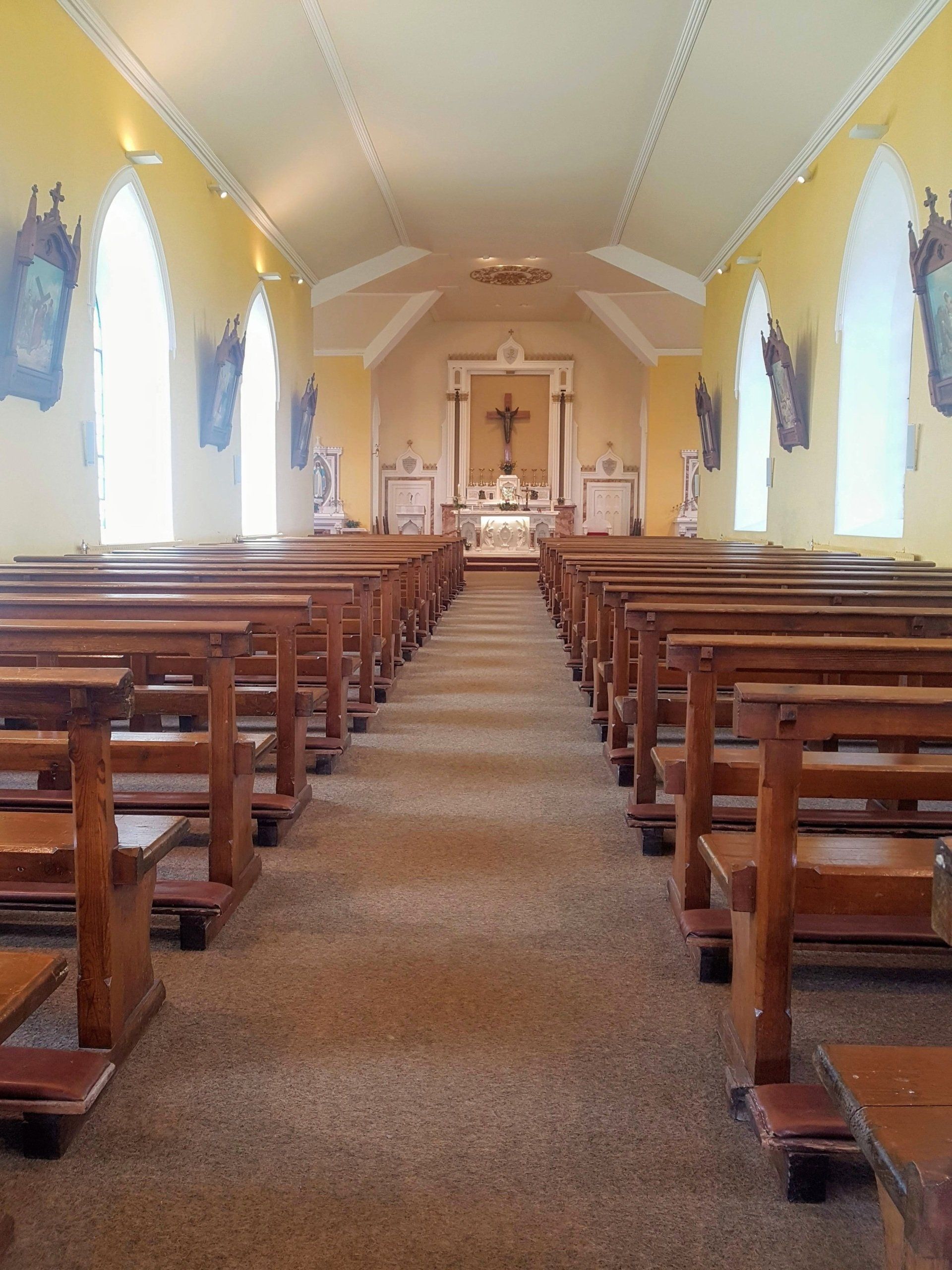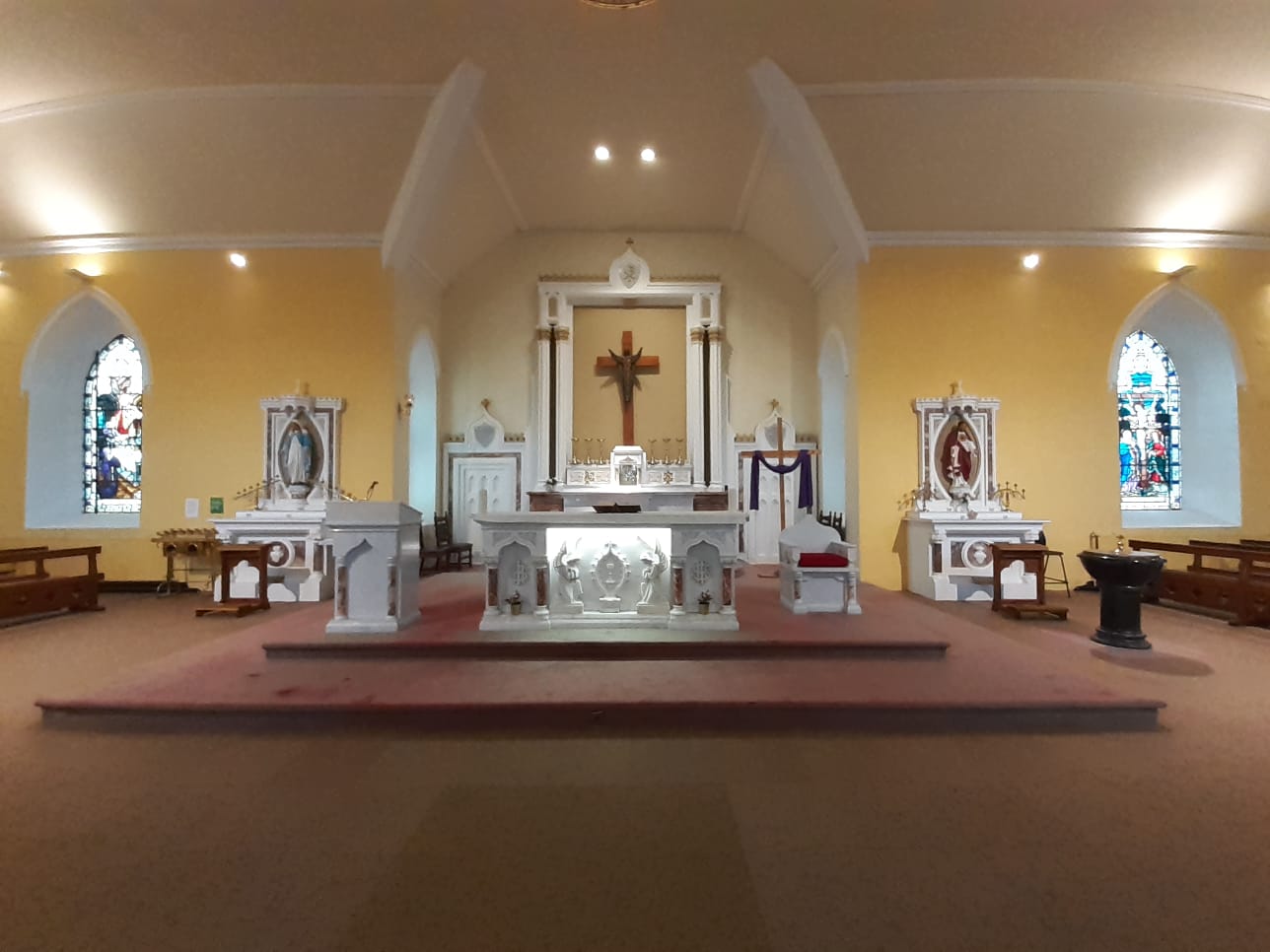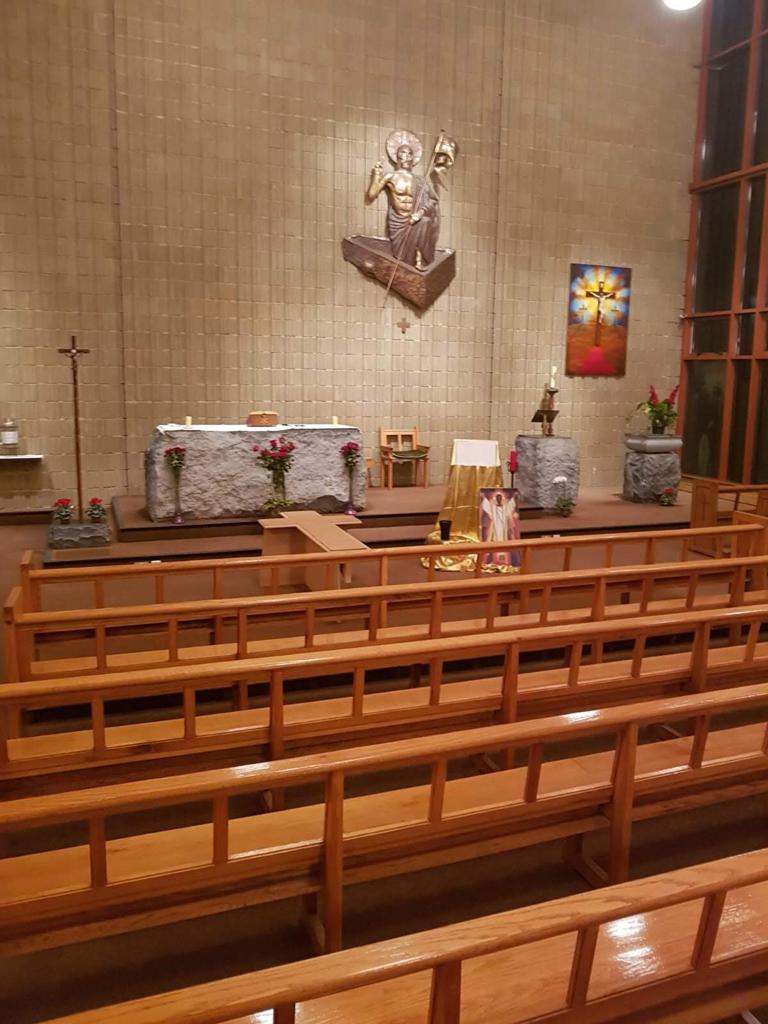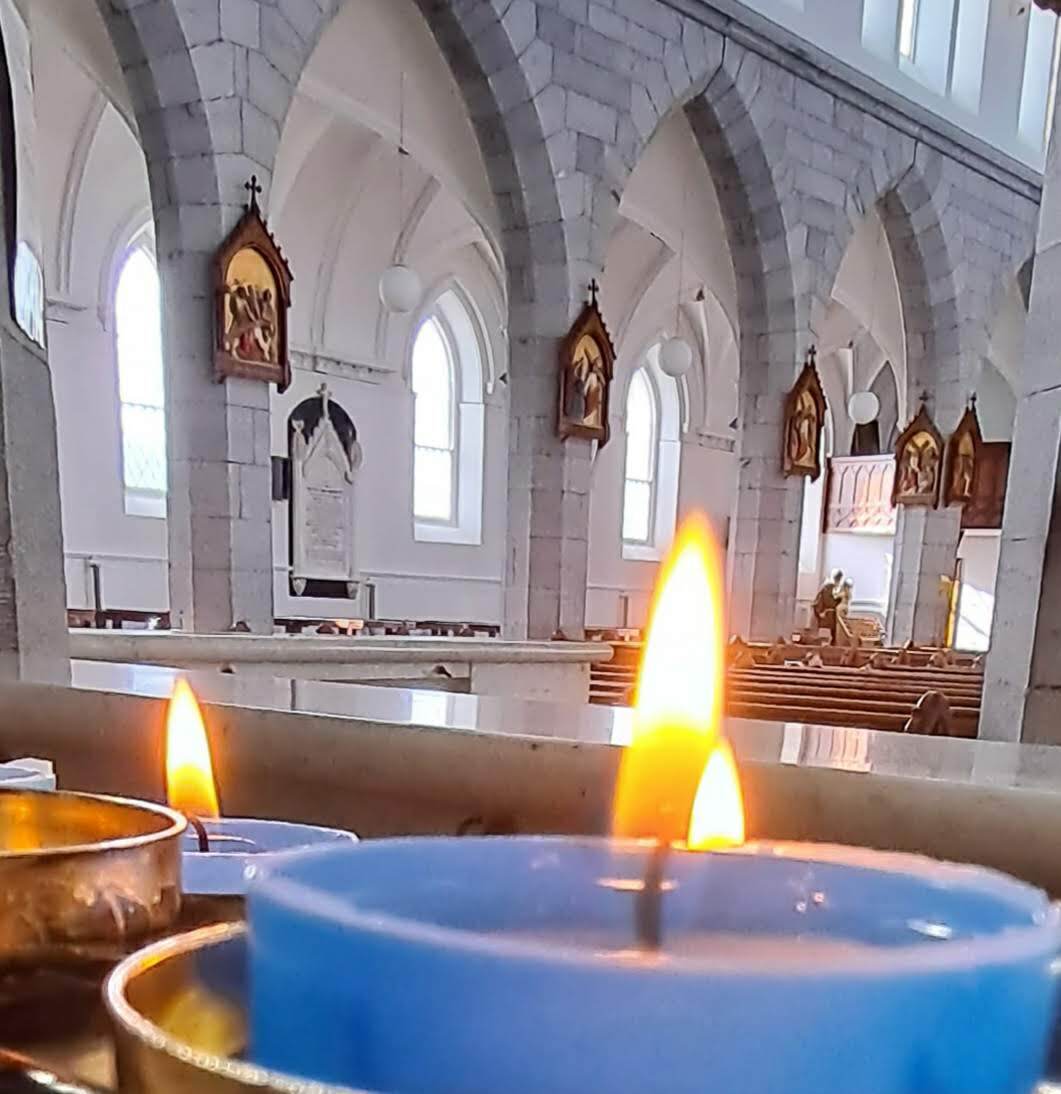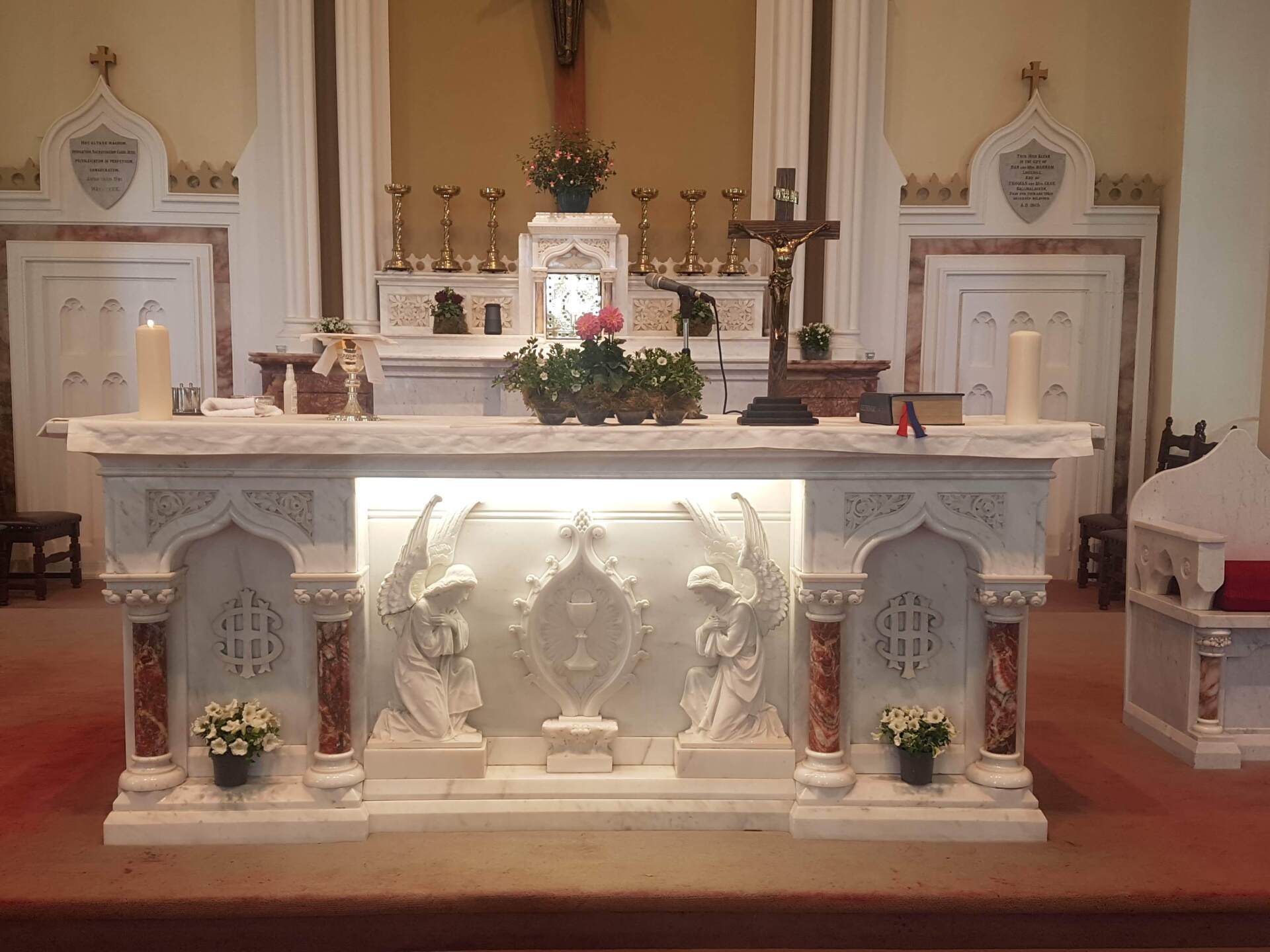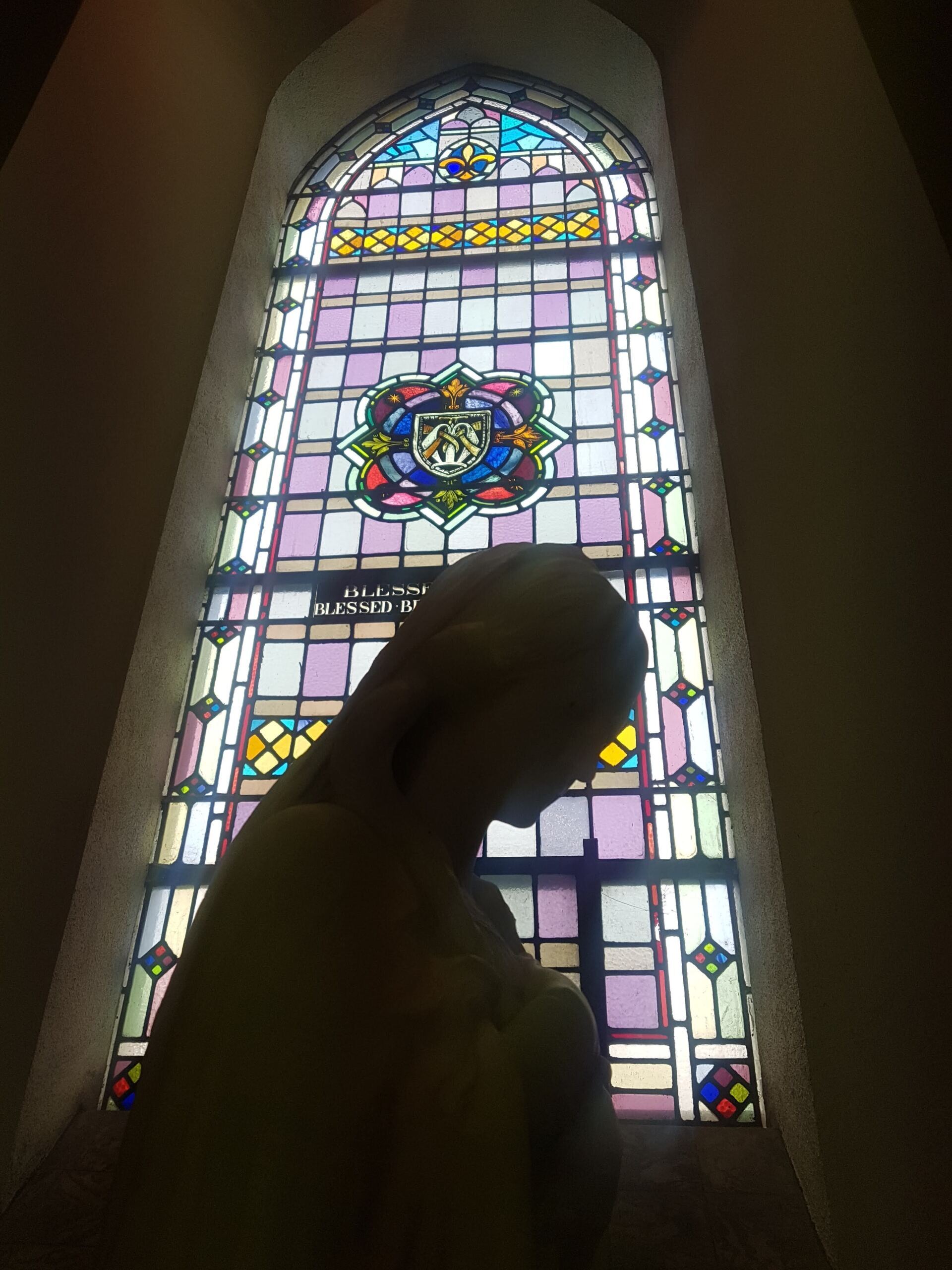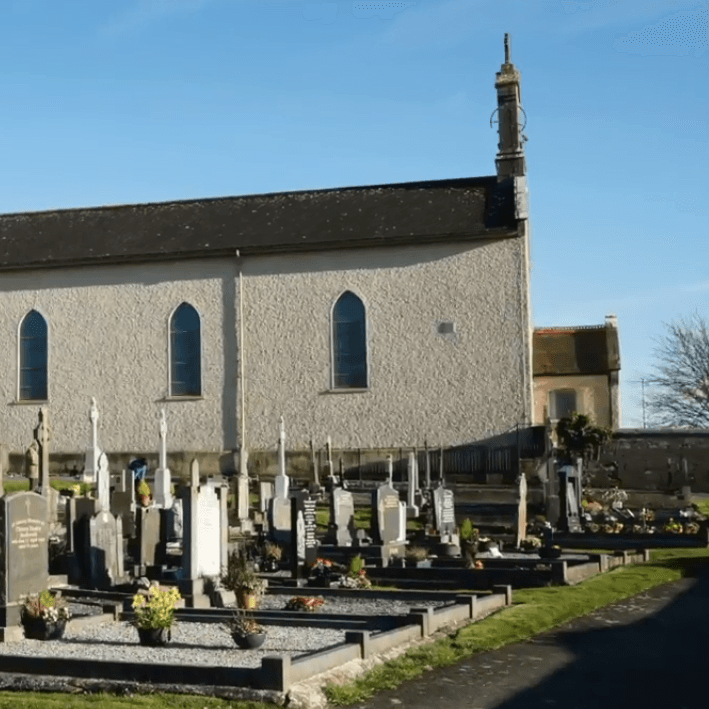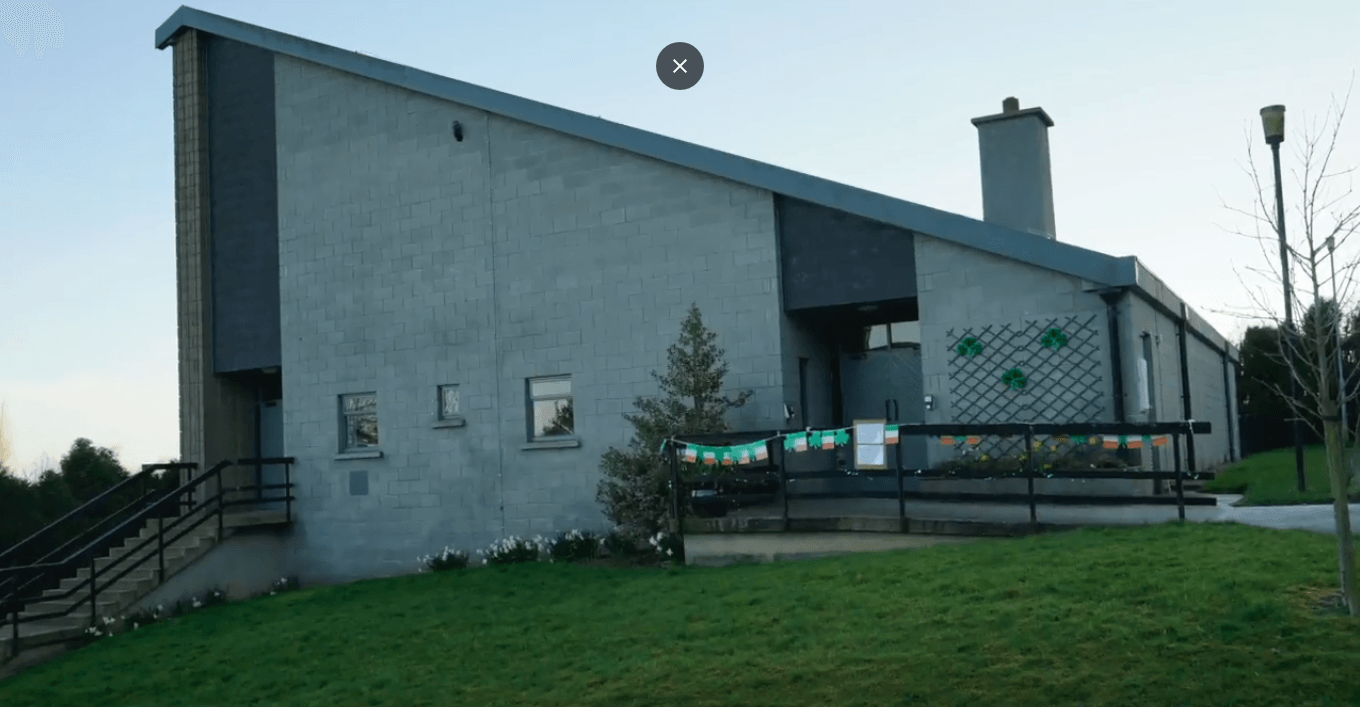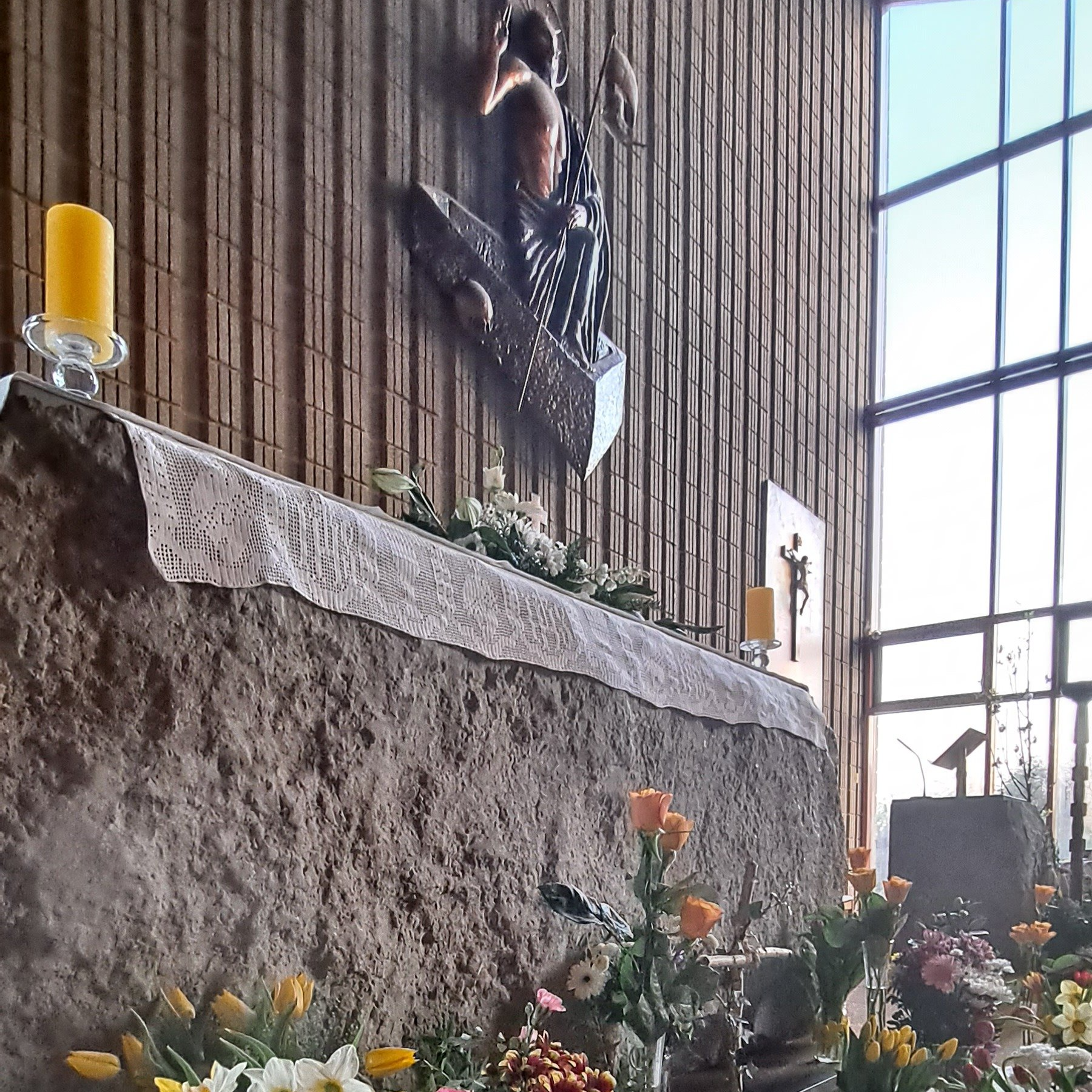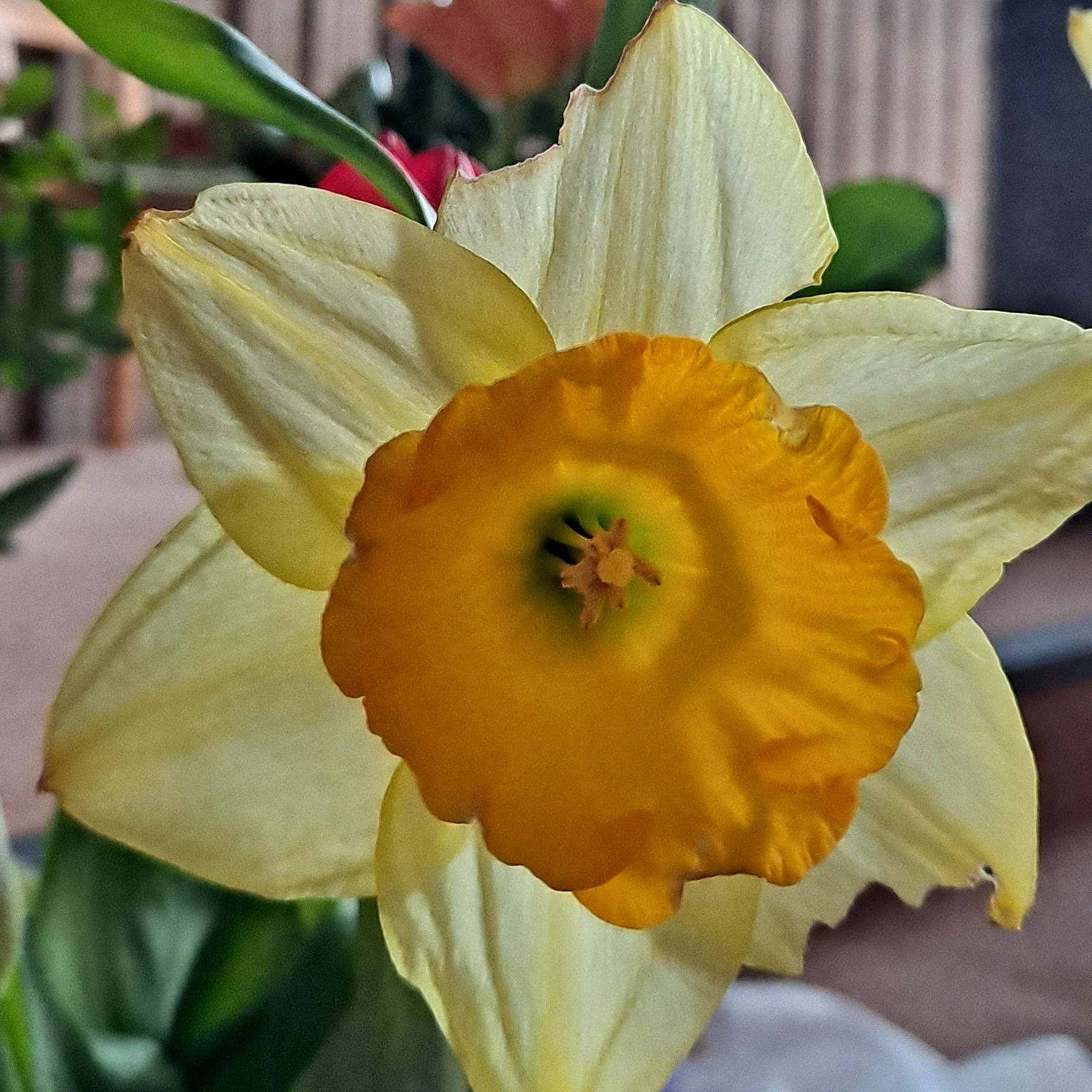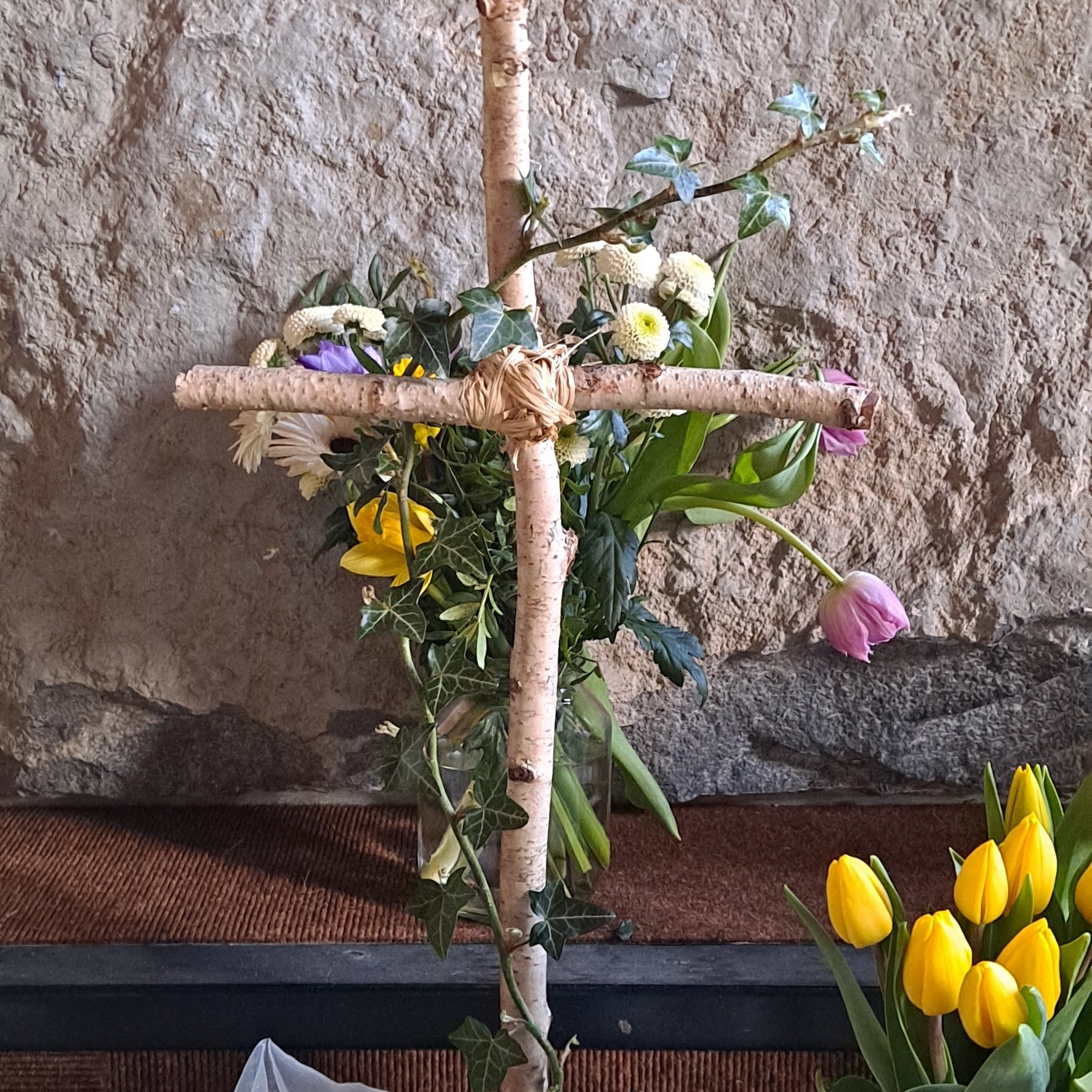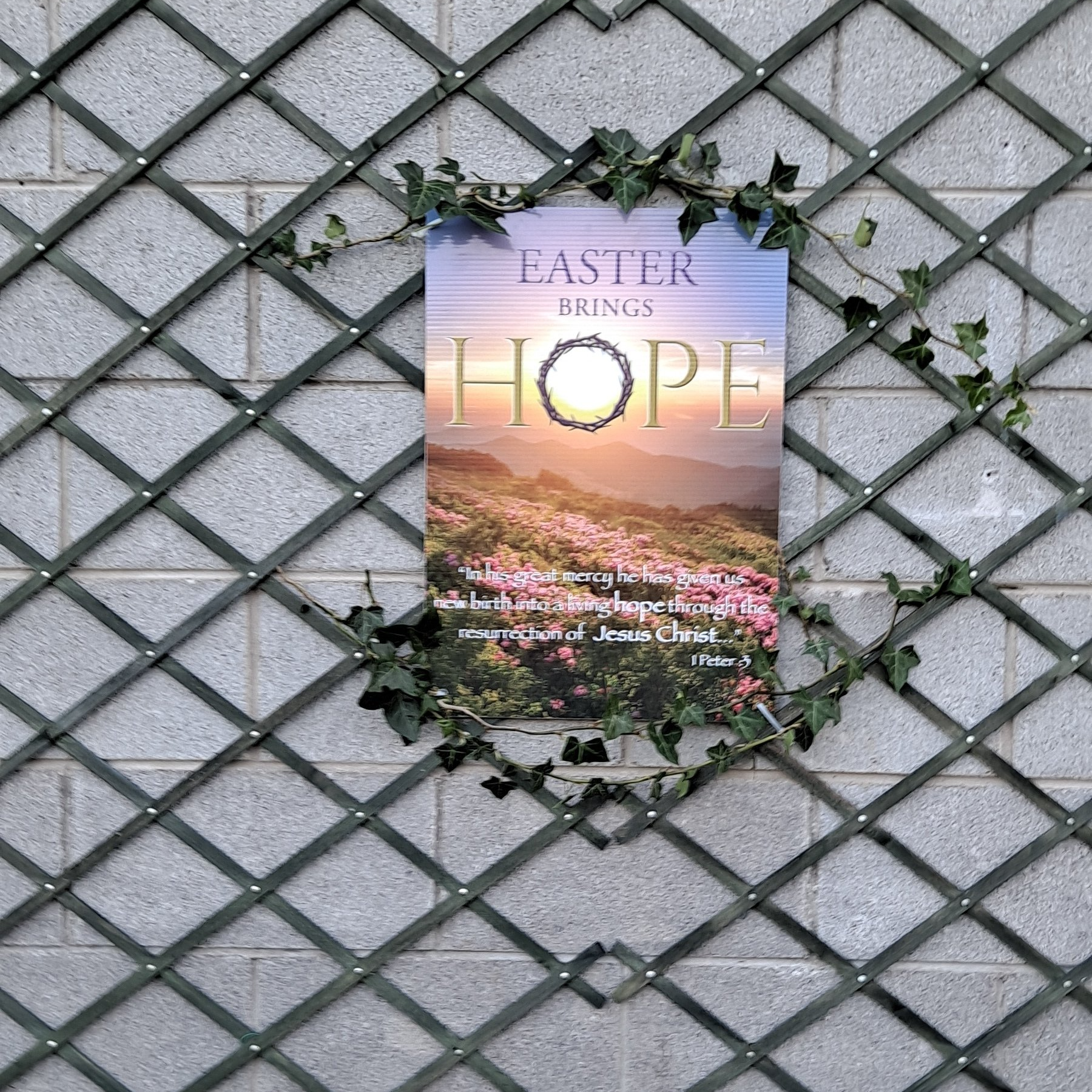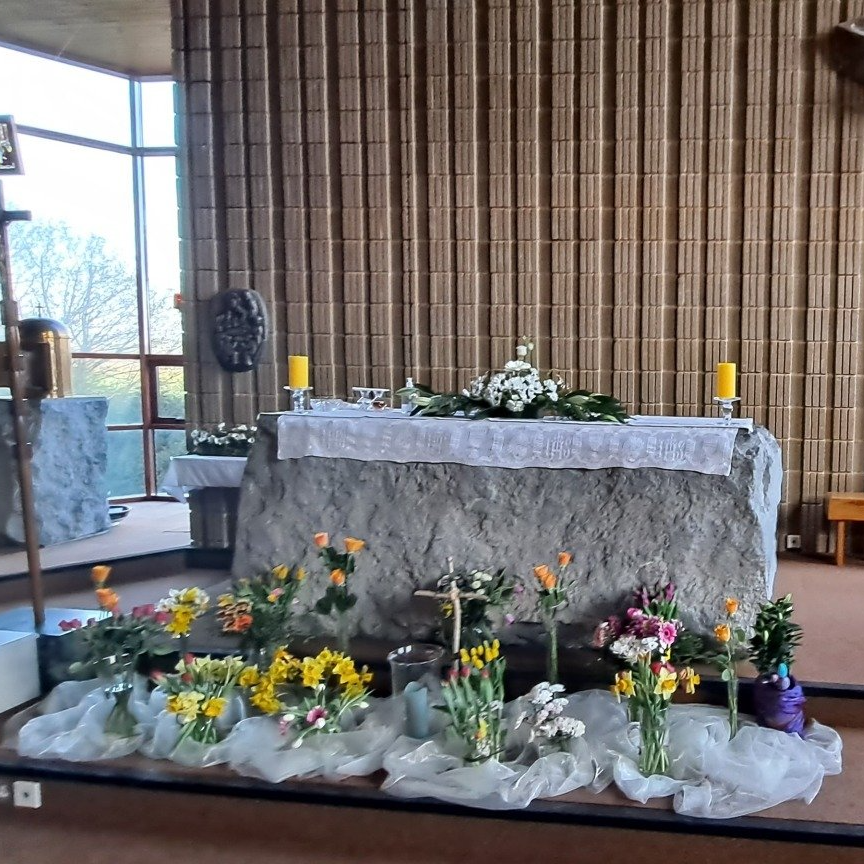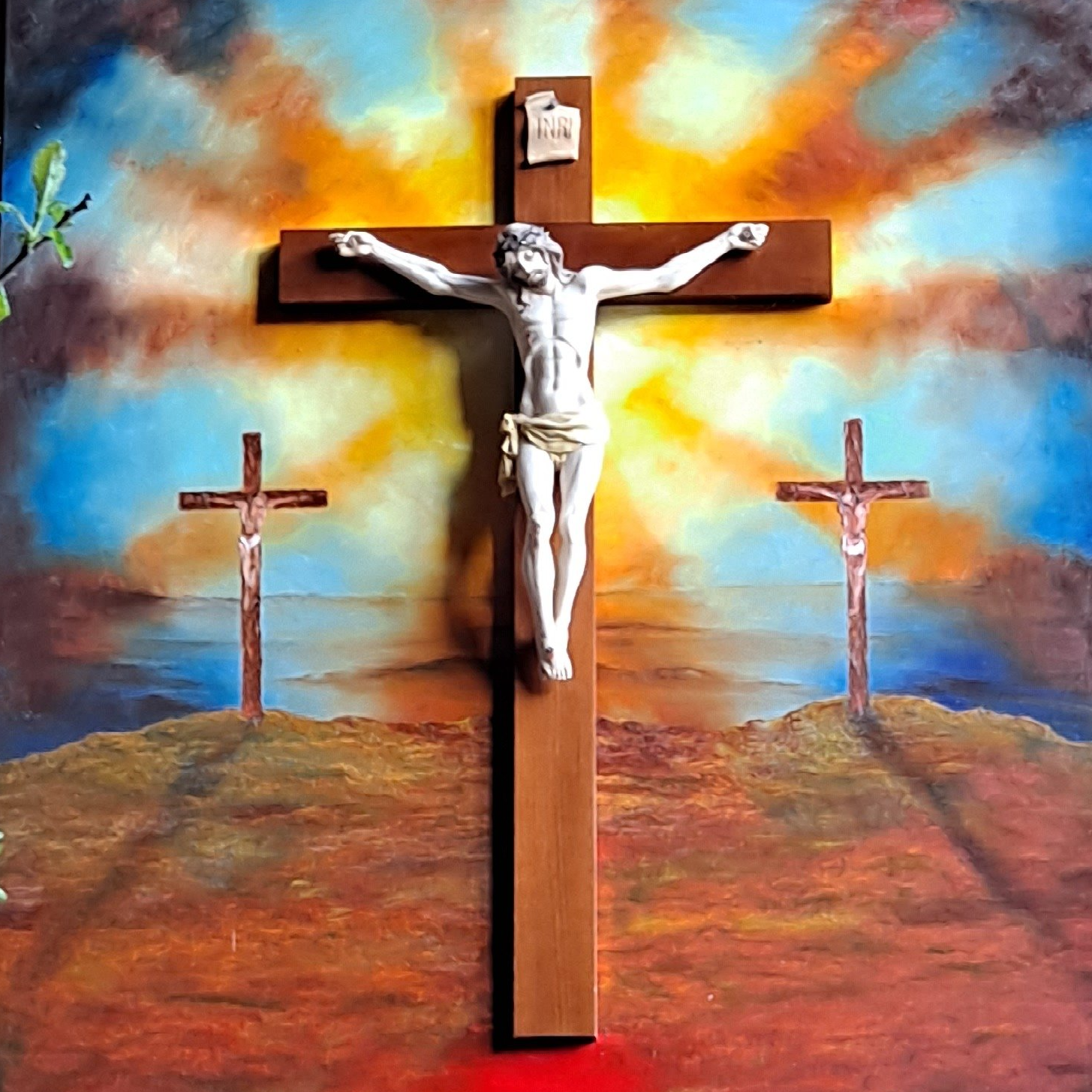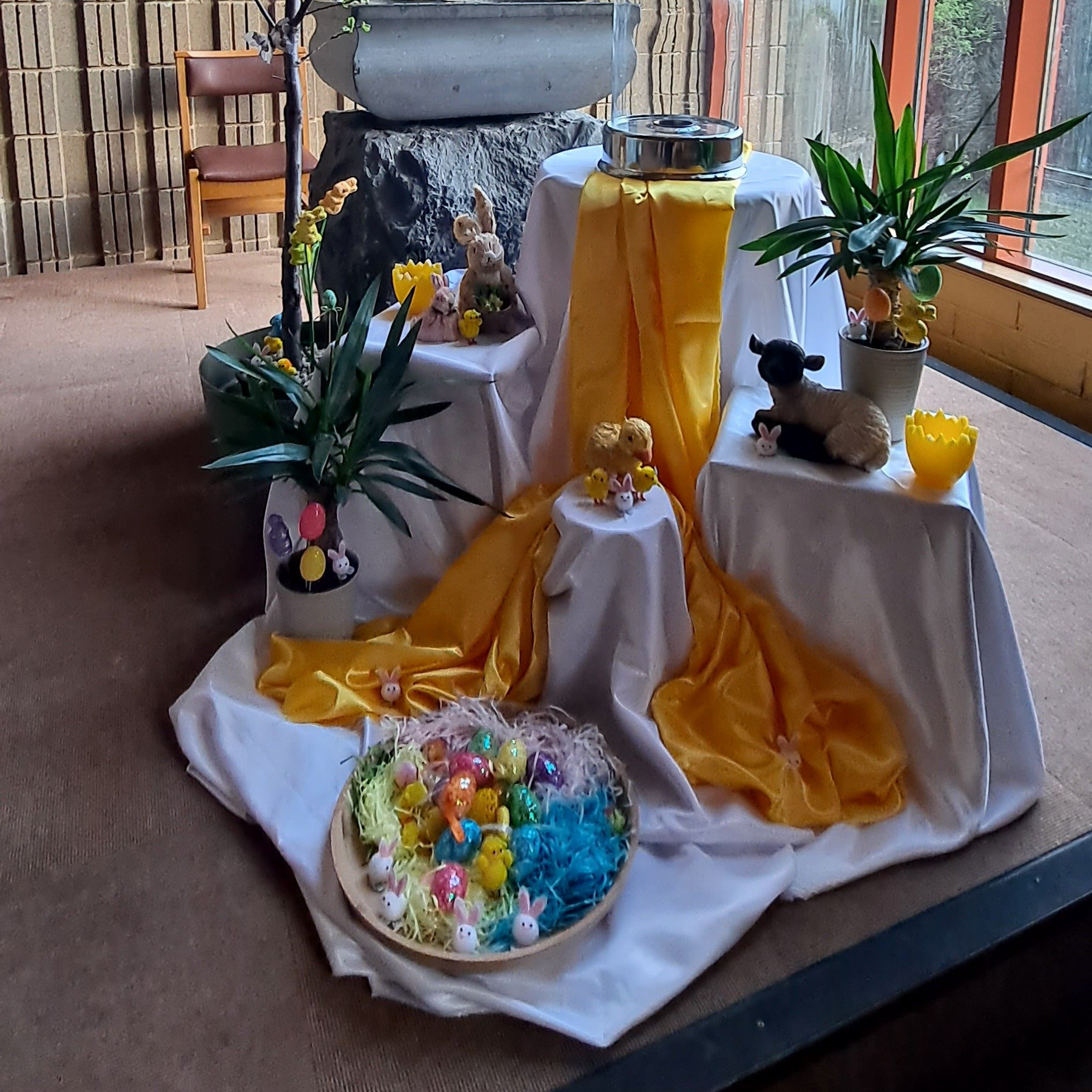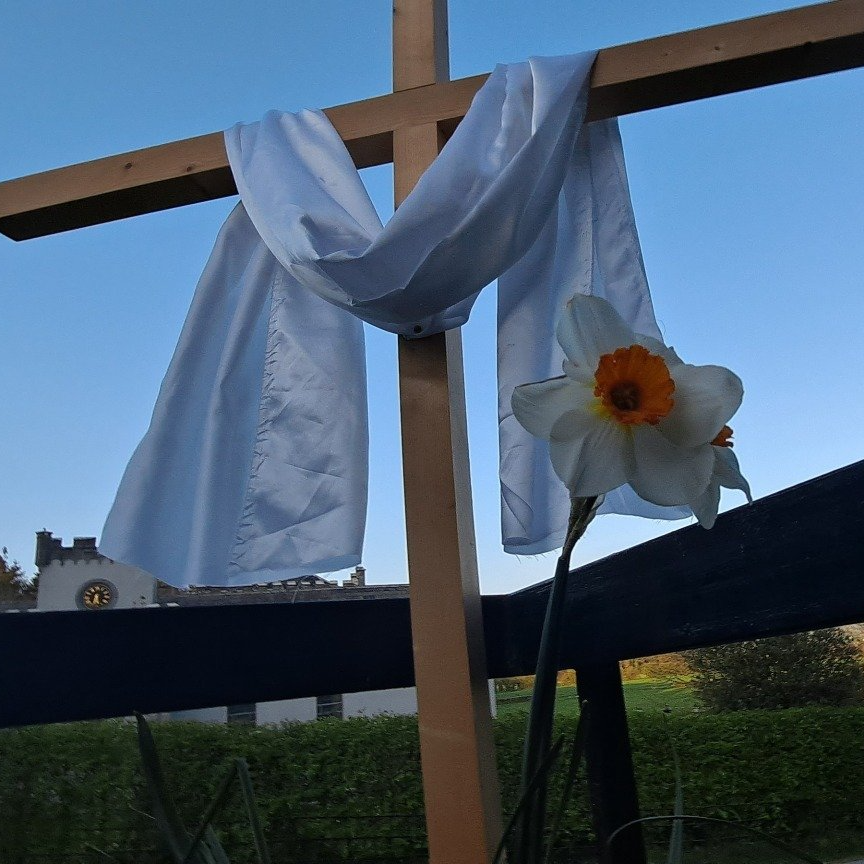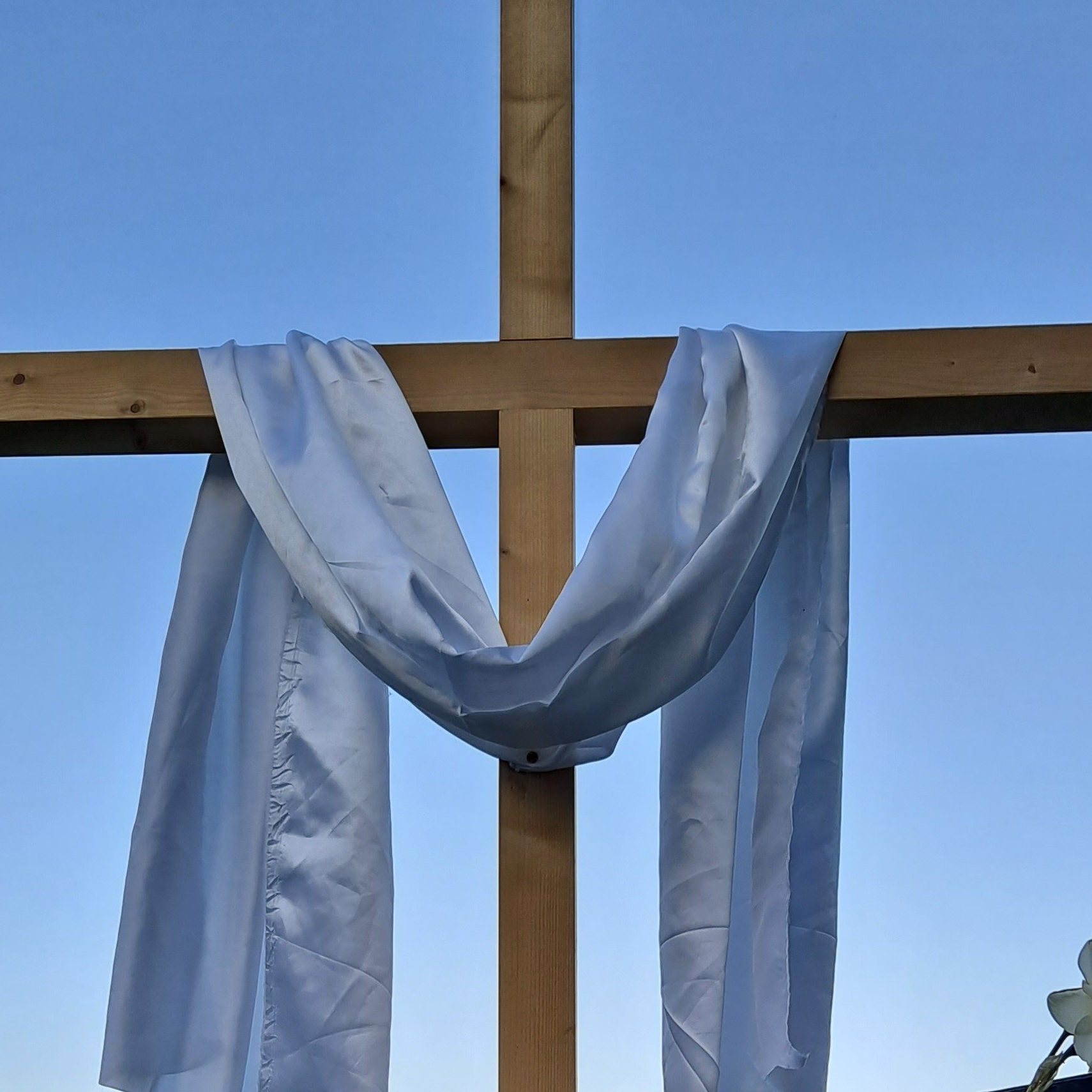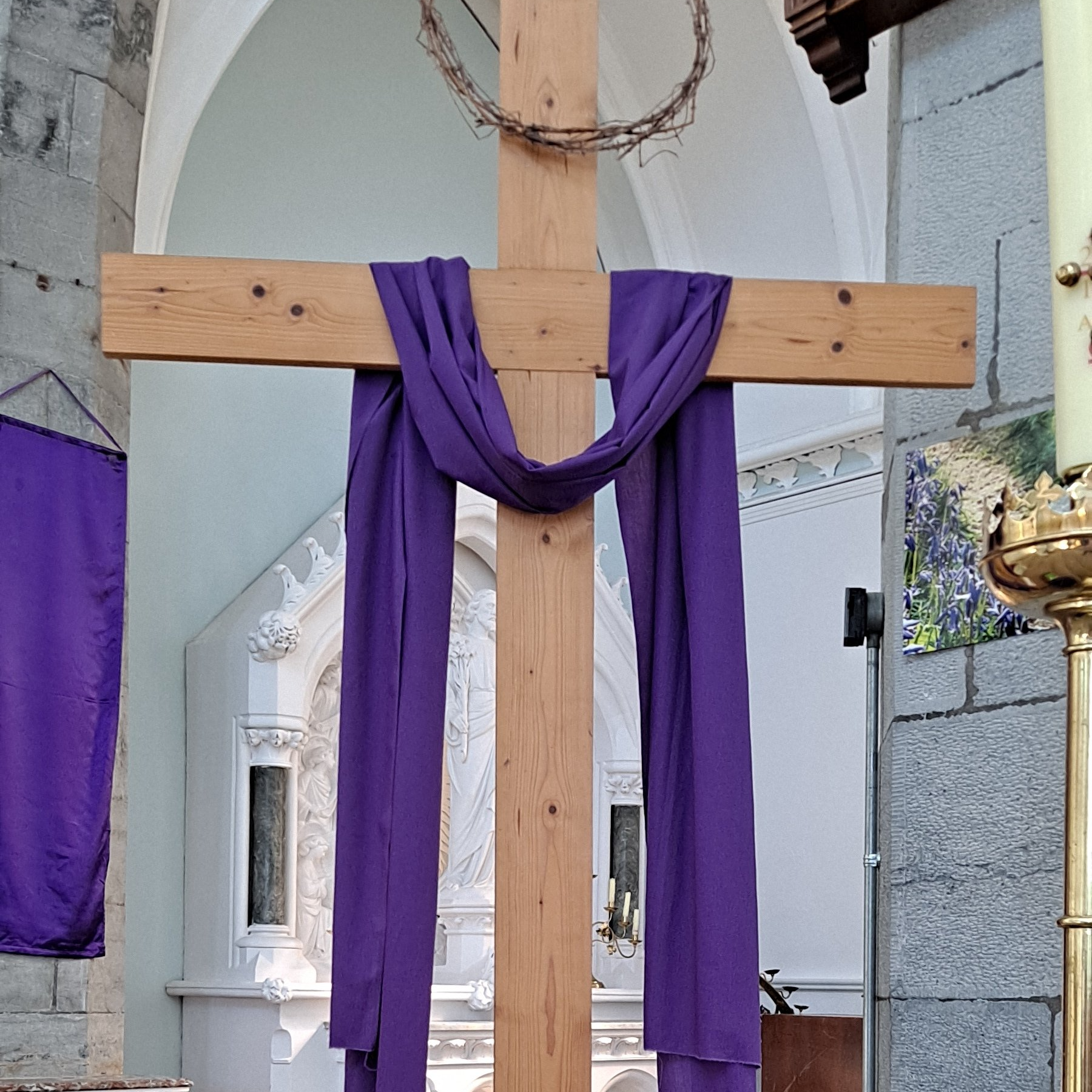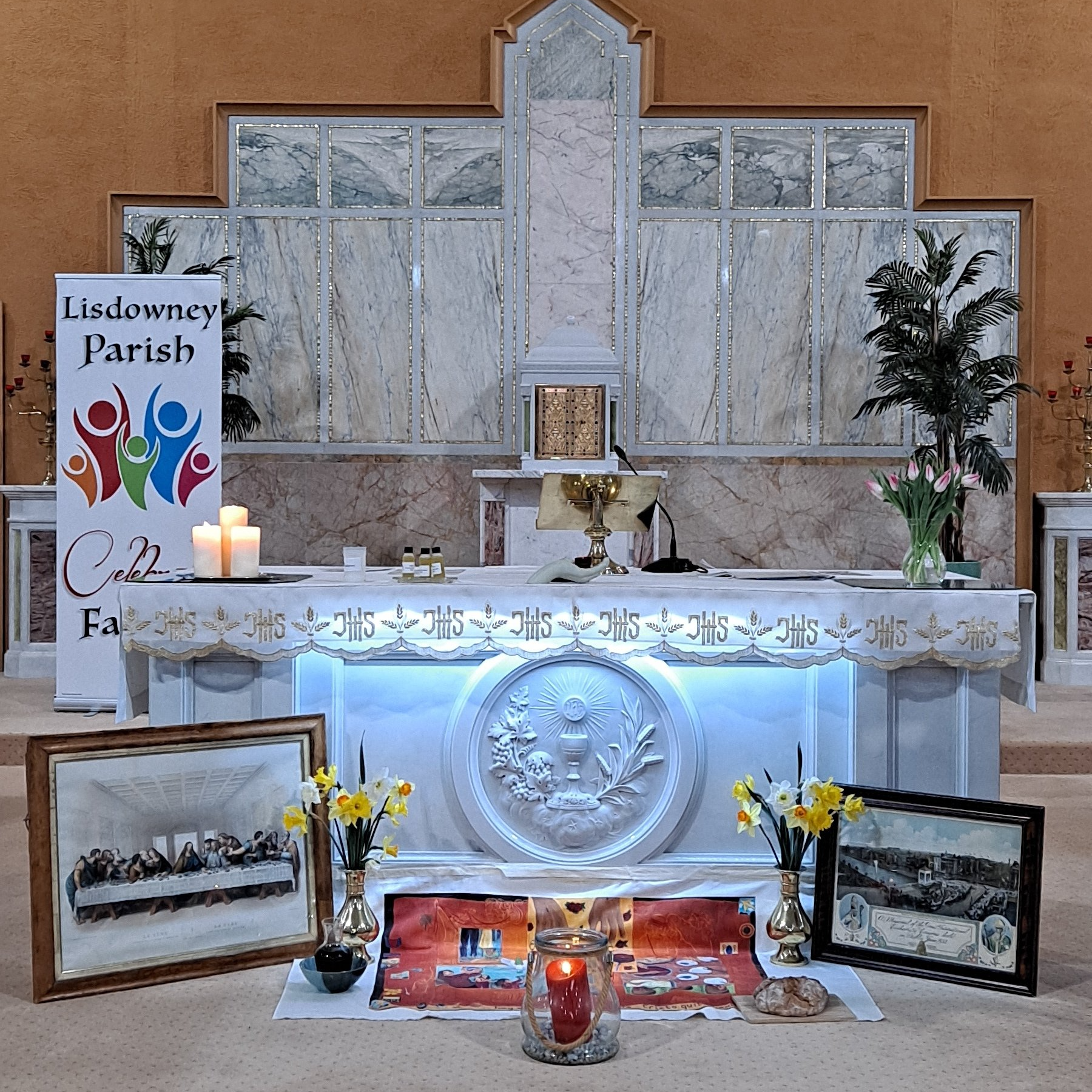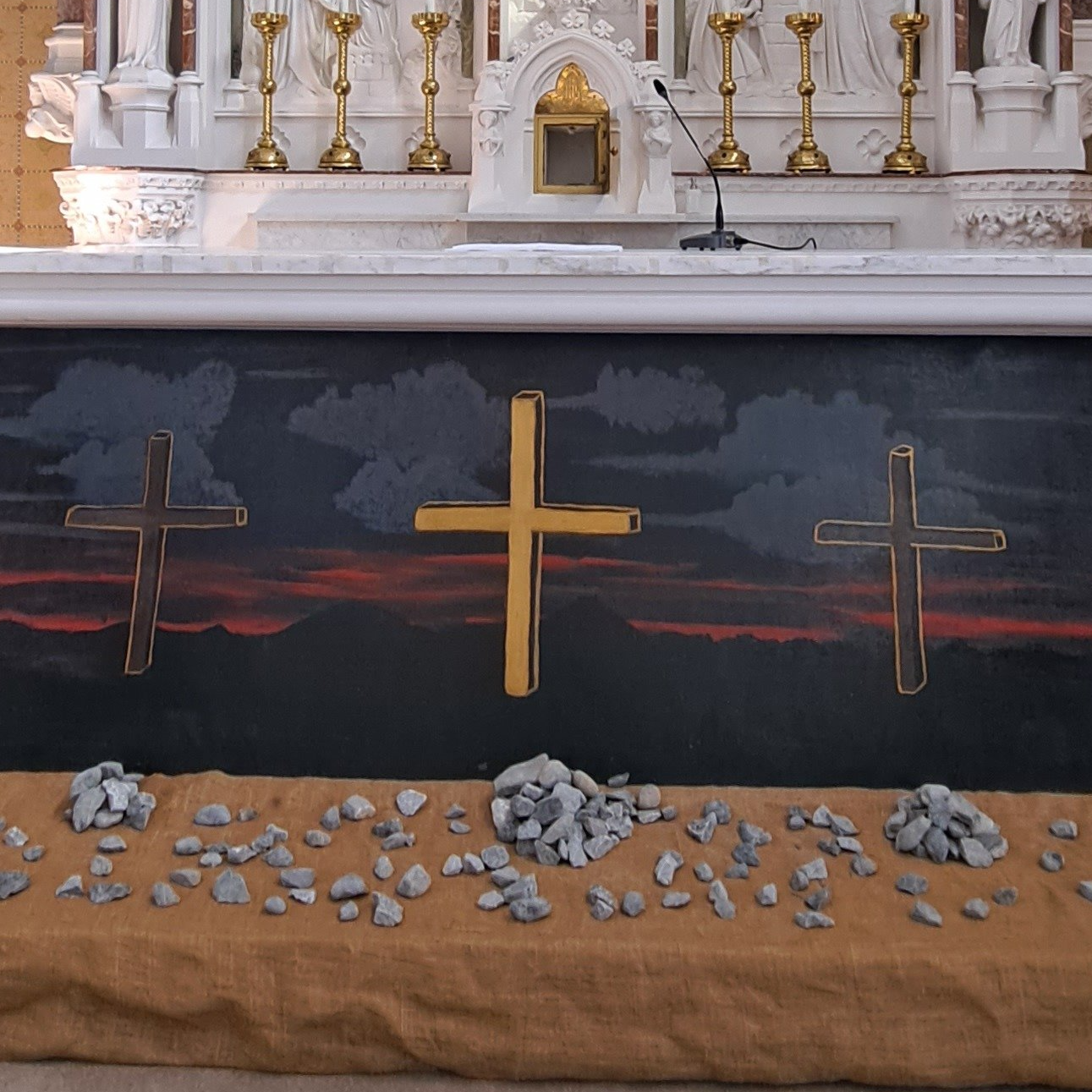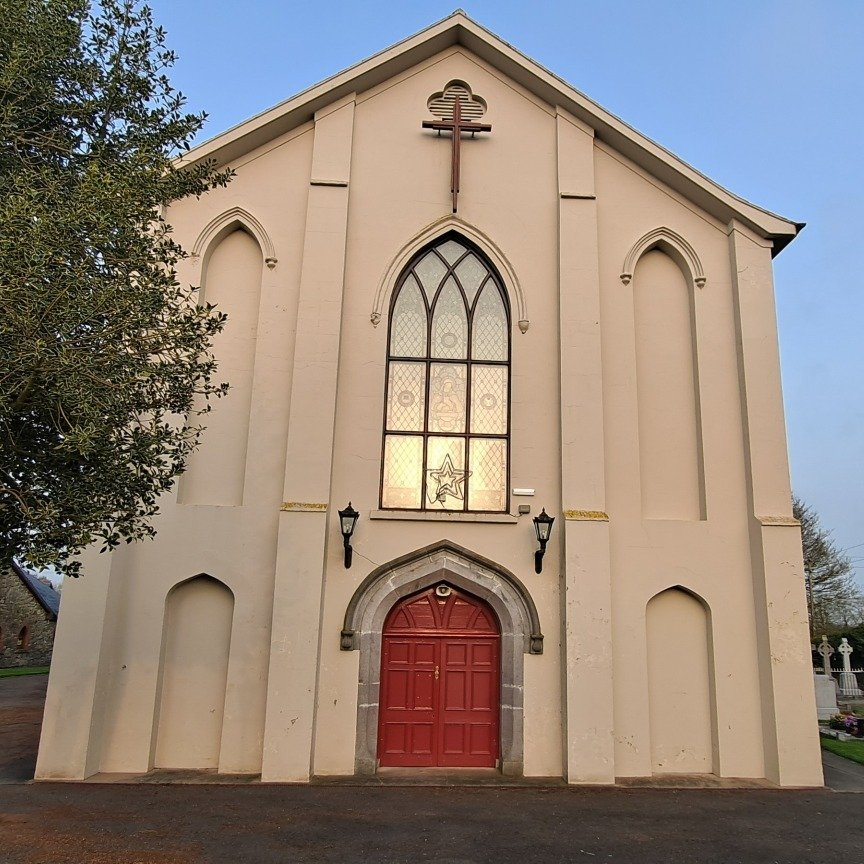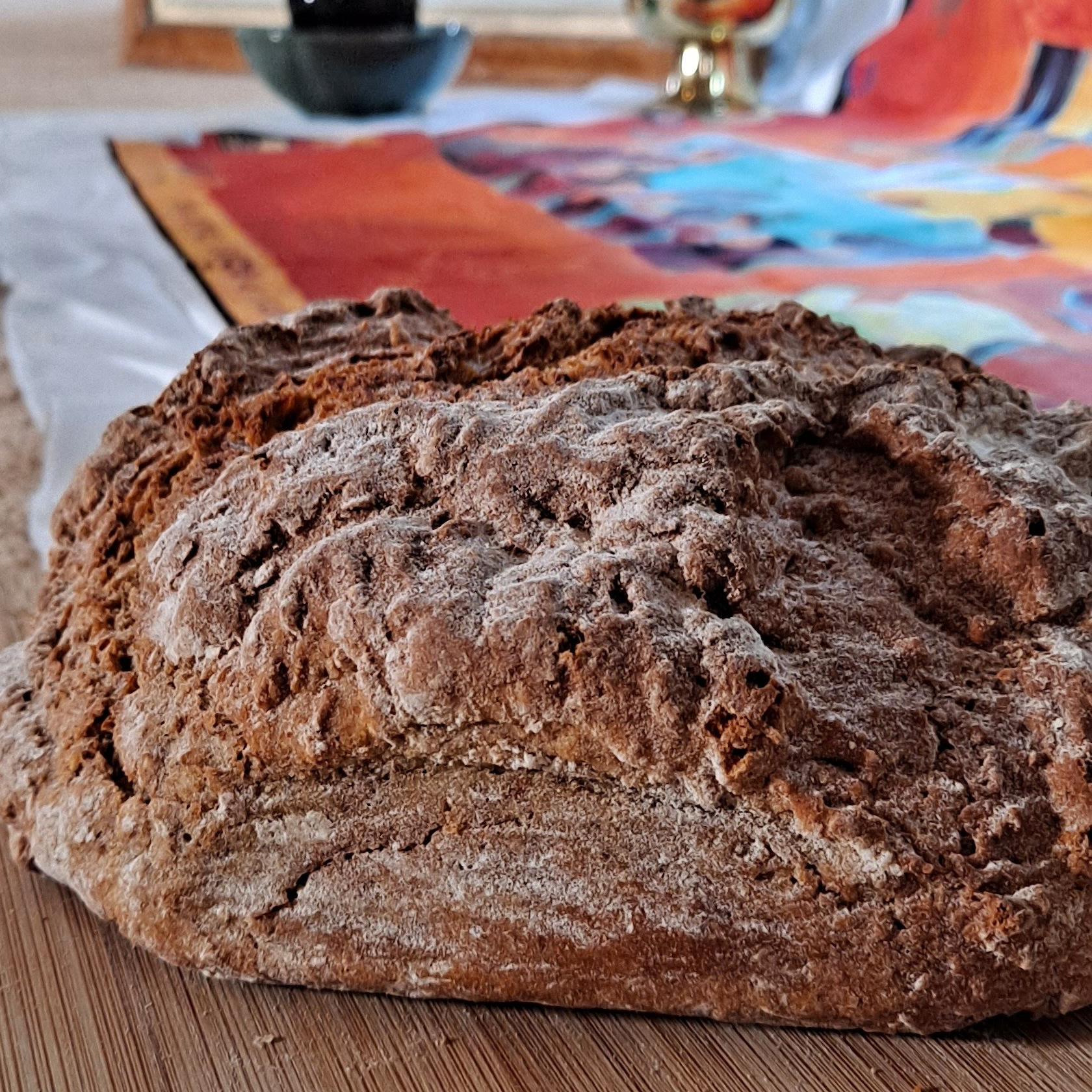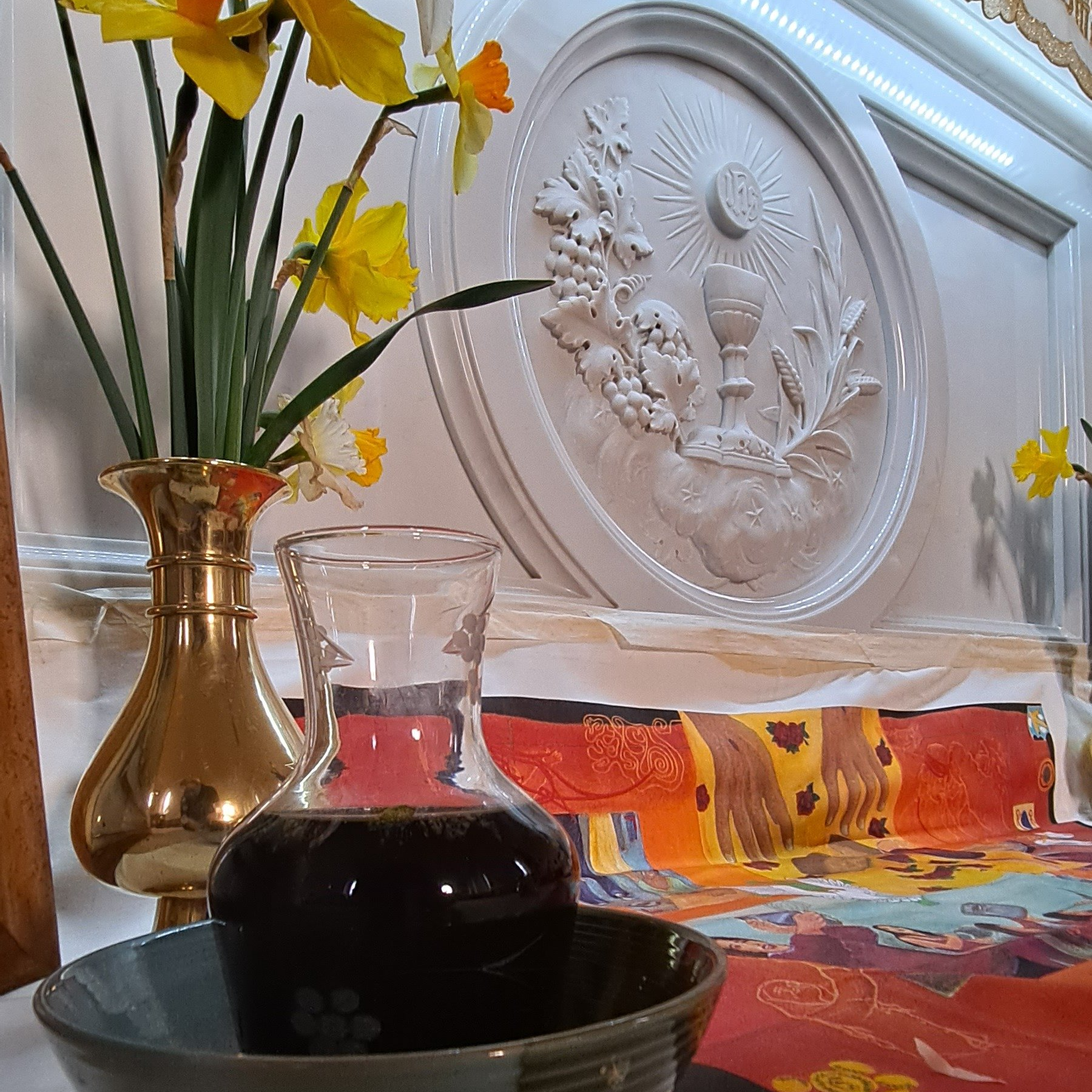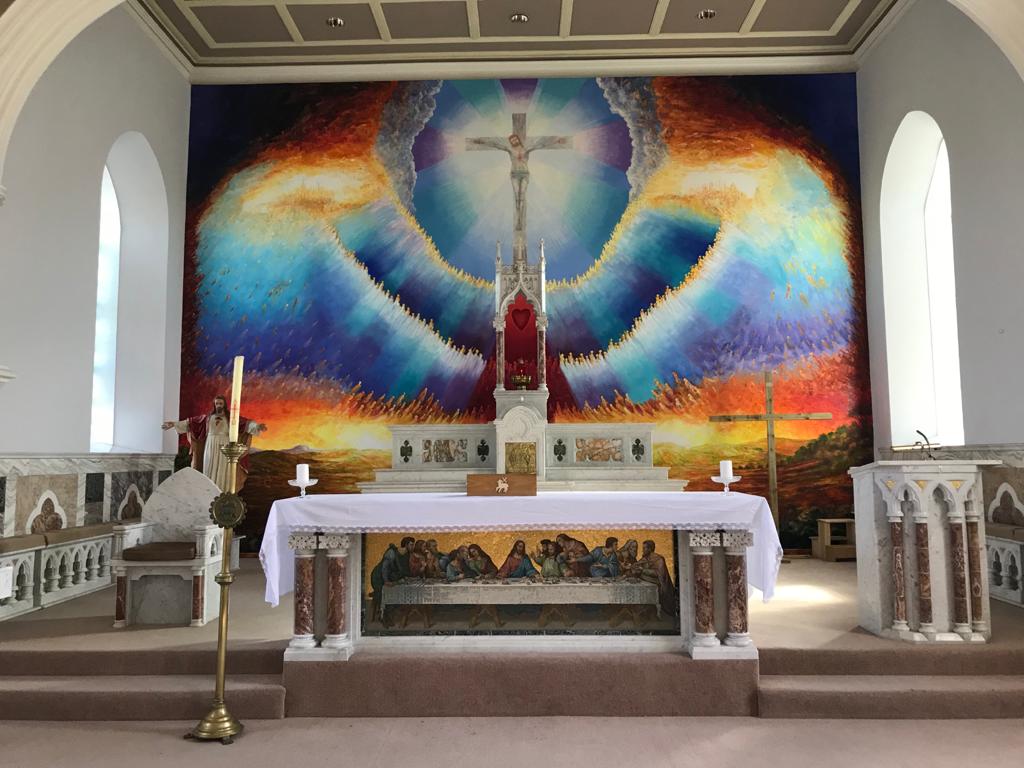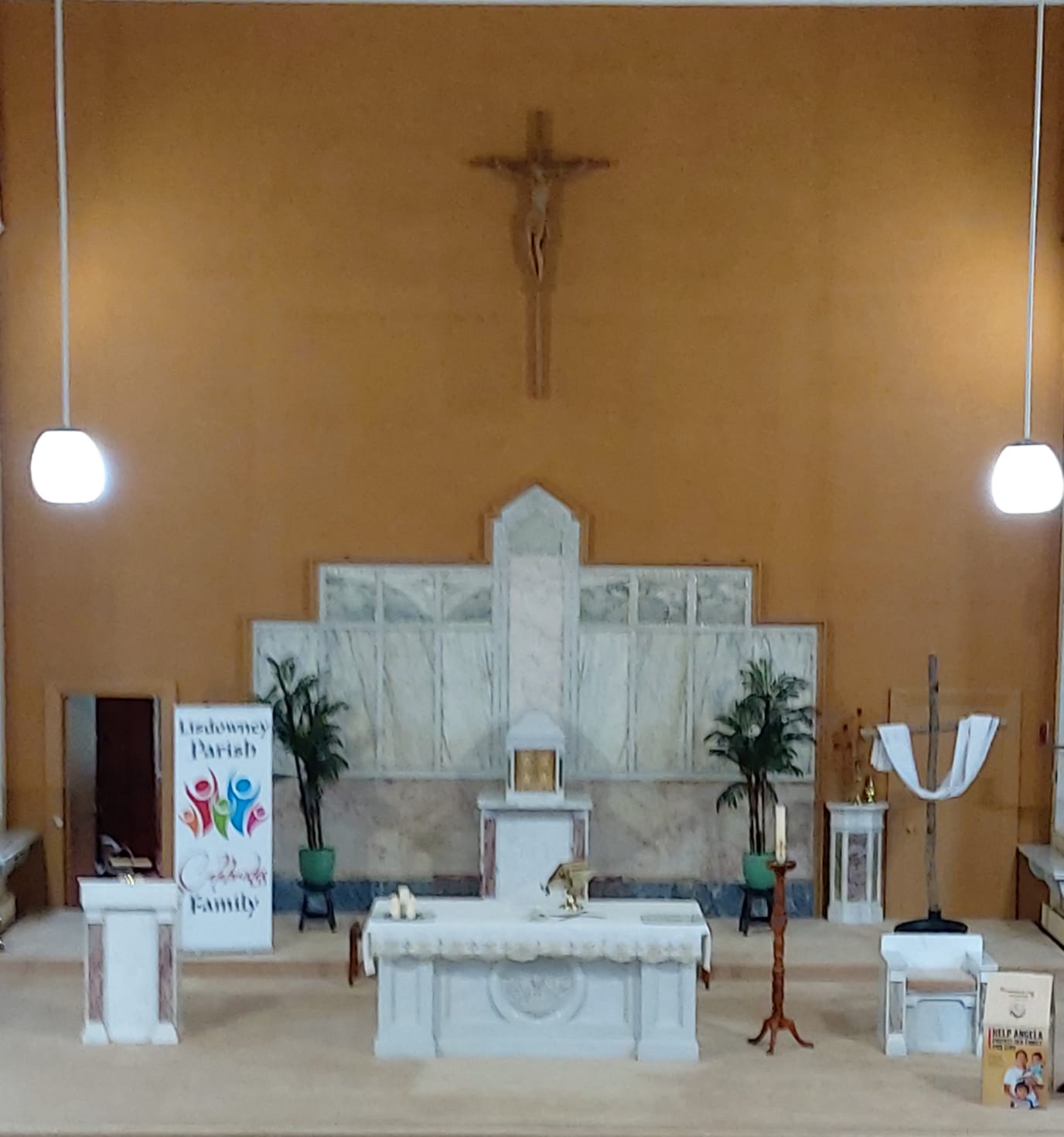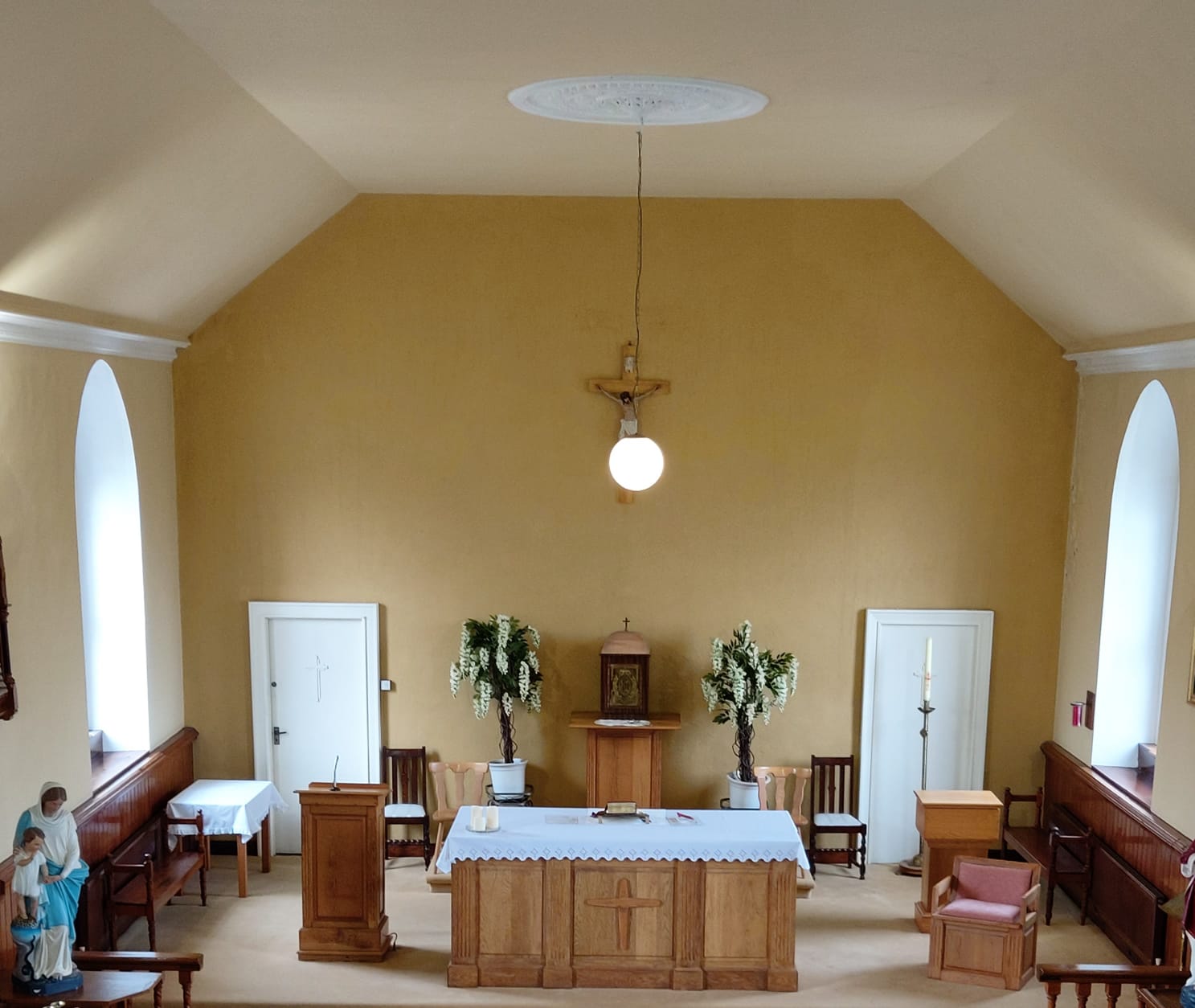"Love bears all things, believes all things, hopes all things, endures all things"
The Sacrament of Marriage
A Prayer for An Engaged Couple
Thank you, Lord, for bringing us together
and for the gift of our love
which has already brought us so much joy.
Grant that we may always continue
to love each other
with reverence, patience and generosity.
In the hurried days of the final preparations,
grant us the calmness to reflect on the moment
when you will seal and sanctify our promises,
binding us together in your love forever.
In joy or sorrow, in richness or poverty,
in sickness and in health,
may our love grow all the days of our lives. Amen
Congratulations!
Congratulations on your decision to get married. It’s one of the most important decisions of your whole life. Your desire to marry in Church is your invitation to Christ to be at the heart of your relationship.
The Christian community wishes you every blessing and happiness. We hope that this guide will be of assistance to you in your preparation for your wedding day. Although it may not cover all issues that can arise in some proposed marriages, it has been compiled as a general aid to help you prepare for your wedding in our parish.
Fixing the Date
When you have chosen a date, and found a hotel/restaurant that can accommodate you on that date, do not offer any deposit until you have also checked that the church in which you would like your wedding to be celebrated is also available.
What Kind of Service?
There are two kinds of Marriage Service – both of which are entirely reasonable choices. One is where the Marriage Sacrament takes place during Mass. The other is where the Marriage Sacrament takes place without the Mass (with Readings from Scripture, Marriage Vows, Prayers of Intercession, Blessings, etc).
The choice of service should be made in the light of the personal faith circumstances of bride and groom. Most Catholics will choose to have their marriage within a Nuptial Mass.
However, where one of the parties is not Roman Catholic or a non‐believer, the marriage ceremony without the Mass may be more appropriate.
It is important to talk this decision over with your families and with the priest who will officiate.
Church Requirements – Pre-Marriage Papers
Every couple marrying in the Catholic Church is required to give a minimum of three months notice to their priest, (i.e., the Bride to her priest and the Groom to his priest).
Many couples think the only document they need is what’s called "A Letter of Freedom" – this is not so!
The following documents are required:
The Bride
- A Baptismal Certificate, from the church where you were baptised, issued within six months of the date of the wedding.
- A Confirmation Certificate from the parish where you were confirmed.
- If you have lived in any parish, other than your current one, for six months or more since you reached the age of 18, you will need to get a Letter of Freedom from these parishes also.
- A certificate of completion of a recognised Pre‐Marriage Course.
Give these documents to the priest of your parish and fill out the Prenuptial Enquiry Form with him.
The Groom
- A Baptismal Certificate, from the church where you were baptised, issued within six months of the date of the wedding.
- A Confirmation Certificate from the parish where you were confirmed.
- If you have lived in any parish, other than your current one, for six months or more, since you reached the age of 18, you will need to get a Letter of Freedom from these parishes also.
You then give these documents to the priest of your current parish and he will fill out the Pre‐nuptial Enquiry Form with you. When complete, he will send all documents to the priest of your fiancé’s parish.
Couples Living Abroad
In the case of couples living abroad, the priest in the parish of your residence will complete your Pre‐Nuptial Enquiry Form and will forward it to the local bishop who in turn will send it to the bishop's office here in Kilkenny.
Address: Ossory Diocesan Office, James Street, Kilkenny.
Inter-Church or Inter-Faith Marriages
When Catholics wish to marry a Christian of another denomination, or a person of another faith, or none, he/she must ask for a Dispensation from his/her local bishop. Your priest can facilitate this process.
State Requirements
Meet a Civil Registrar at least three months before the wedding to give notice of your intention to marry. Make an appointment by calling or writing beforehand.
You may notify any of the many Civil Registration Offices in the state.
The Registrar of Births, Deaths and Marriages for our district is :
Community Services
County Clinic
James Green
Kilkenny
Opening hours: Monday to Thursday 9.30am to 1pm and 2pm to 4pm.
Friday 9.30am to 1pm.Telephone: 056 778 4756 and 056 778 4711 and 056 778 4708
Email: crs.kilkenny@hse.ie
You must take the following documents to the Registrar:
- Photo Identity, e.g. original passports (both parties), plus photocopies of same.
- Utility bill for both parties, plus photocopies of same (as proof of address).
- Names and dates of birth of both witnesses.
- Name of the church in which you will marry.
- Name of the priest (the ‘solemniser’) who will officiate.
- PPS Number (both parties).
- The prescribed Fee (Ring the Civil Registration Office to clarify the Fee).
Please note:
If the priest (solemniser) who is to officiate at your wedding is a visiting priest from outside the Republic of Ireland, make sure he is a Registered Solemniser in the Republic, otherwise he may not be able to celebrate the ceremony.
If in doubt, consult your local priest, or visit www.gro.ie (General Register’s Office) which contains lots of useful information and the list of registered solemnisers. When all the civil requirements have been completed satisfactorily, you will receive a Marriage Registration Form (MRF) from the registrar.
It is essential to remember that without presenting this form before your wedding to the priest (solemniser), he is not legally permitted to perform the ceremony and the wedding will not take place.
You are also required to make a verbal declaration of No Civil Impediment not more than two days beforehand. It is recommended practice that this declaration is made at the beginning of the wedding, when the bride and groom arrive at the sanctuary.
If you are preparing a Marriage Booklet you might include the declaration at the beginning of the ceremony. The officiating priest (solemniser) will put the following question to the bride and groom in turn: Do you declare that you do not know of any civil impediment to the marriage you are about to enter with ________ (name)?
After the ceremony, it is the couple’s responsibility to return the signed Marriage Registration Form (MRF) to the Civil Registrar’s Office within one month of the date of the wedding.
Pre - Marriage Courses
Marriage is for life.
If you’re going into something which you want to last for life, a time of reflection and preparation is time well spent.
This is why you are required to take part in a Pre‐marriage Course. As there are so many seeking places on these courses, it is necessary to book six to nine months in advance.
Here in Kilkenny, pre‐marriage courses are provided by ACCORD.
Their office is located at:
Seville Lodge,
Callan Road,
Kilkenny Town,
Co. Kilkenny
T: 056‐772 2674; Email: accordkilkenny@gmail.com
Details of all the ACCORD centres in the country, and the courses they offer, can be found at www.accord.ie
Punctuality
Brides, please be on time for your wedding!
There is no ‘commandment’ at weddings saying ‘thou shalt not be punctual’.
Being late is discourteous to your groom, your families, your guests and to church personnel.
Be aware that if you arrive at the church on time, you will be actually ten minutes late arriving at the altar. This is because you may have to pose for some photographs; organise your entourage for the entrance procession, etc.
The Wedding Mass
The priest celebrating your Wedding Mass will help you choose readings, prayers and The Rite of Marriage. It is good to involve others in the ceremony, e.g., readings, prayers, etc.
Flowers - Confetti
Flowers are used for their beauty and the promise of abundant life. They should be tastefully arranged and not obscure the Altar or the Ambo. The use of confetti in the church or in the church grounds is strictly prohibited.
Music
The music you choose for your wedding ceremony should be in keeping with the sacred character of the occasion.It is the responsibility of the couple to provide their own musicians, etc. Where at all possible, hymns that the congregation (your guests) can join in are recommended.
Non‐Sacred songs (e.g. your favourite love songs) should not be used during the religious ceremony. Such favourite songs could be used during the signing of the Marriage Registration Form after the wedding, or at the reception.
“In recent years certain types of love songs have been creeping in to weddings which, though perfectly suitable for the reception afterwards, are not suitable in the Church”. ( Christian Marriage – Preparation and Celebration. The Irish Episcopal Conference).
Signing the Marriage Registration Form
The register to be signed is the civil register and is not part of the Church ceremony. For that reason, we recommend that it be signed after the church ceremony has ended.
Please remember that the signed Marriage Registration Form (MRF) will be handed to you after the ceremony and it is your responsibility to forward this to the Registrar of Marriages within one month of the wedding day.
As you make plans for the happiest day of your life, remember this is a day that should be stress free – a day to be enjoyed. Therefore, any time spent in the planning of this day is time well spent. So, with the choices you make and the options you take, may we wish you a truly memorable and perfect day.
